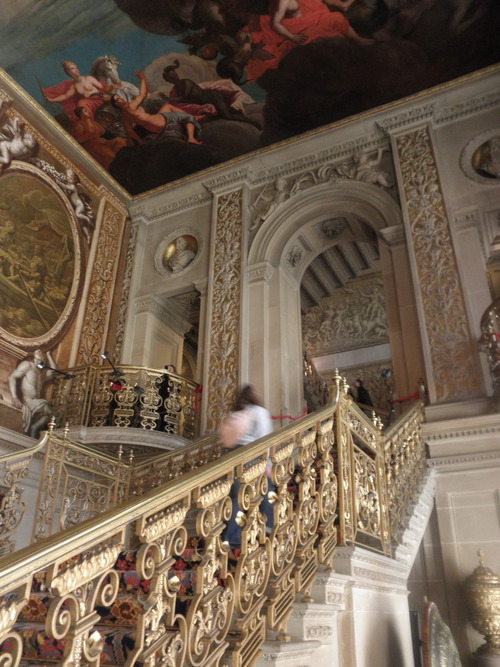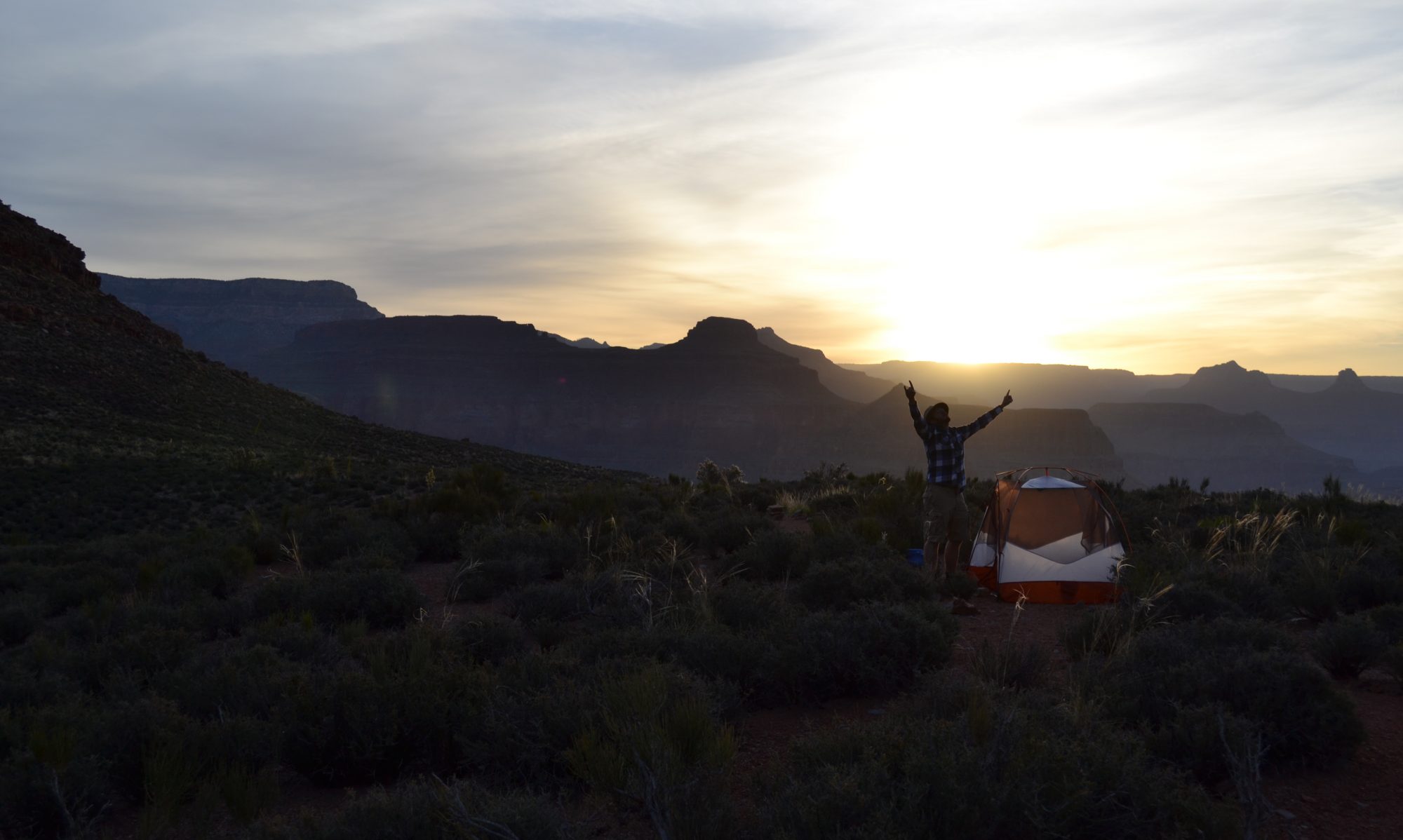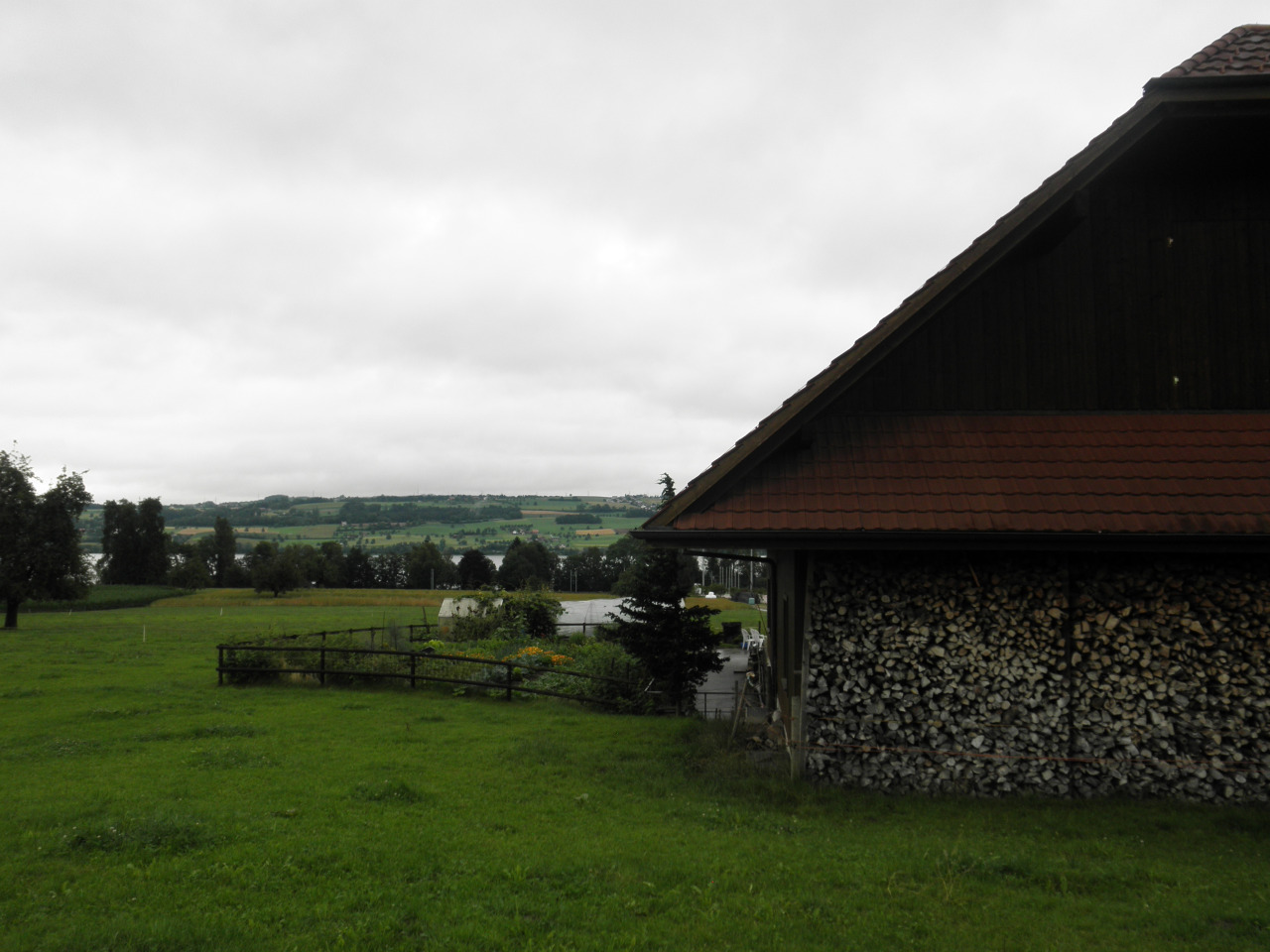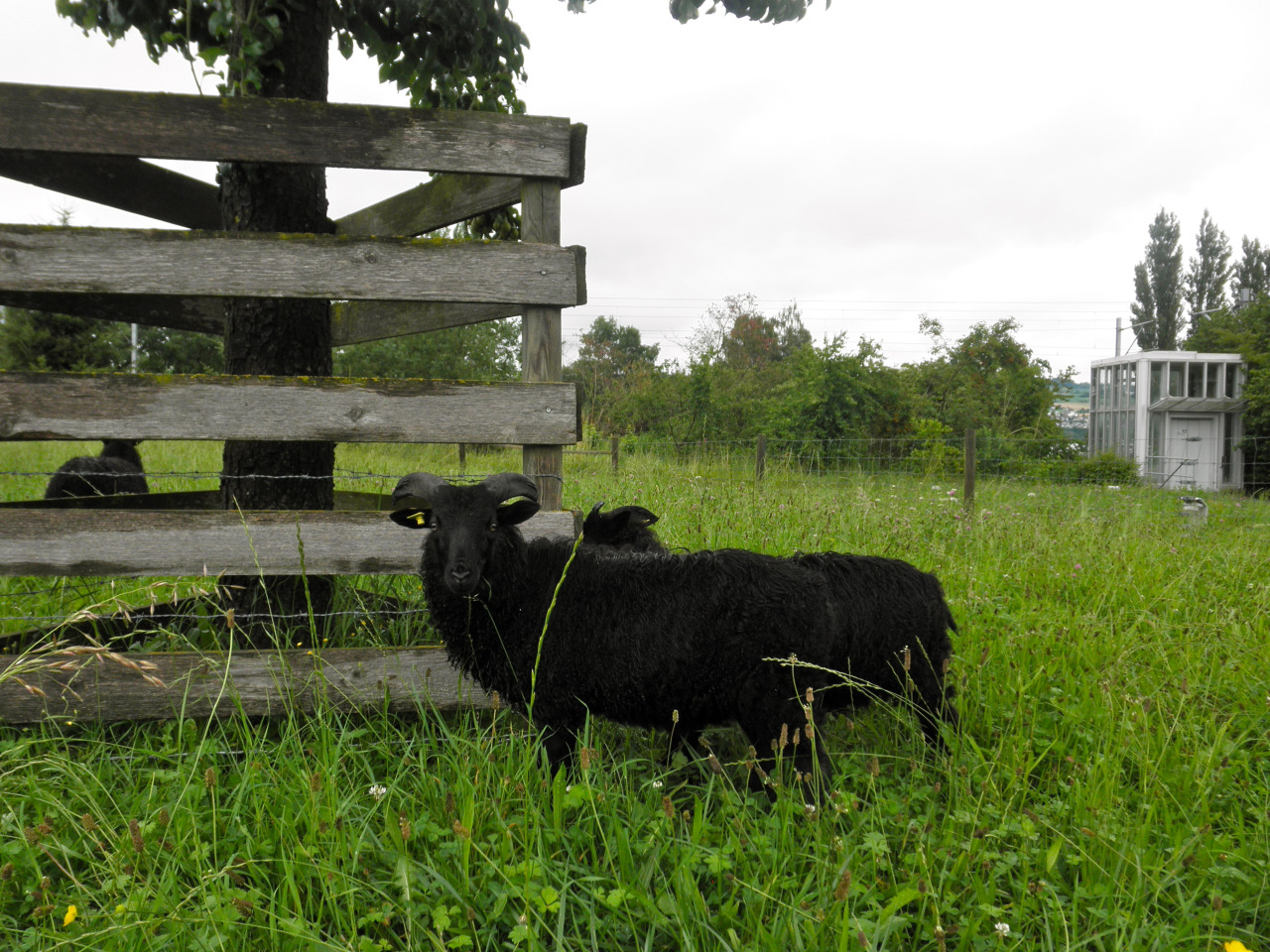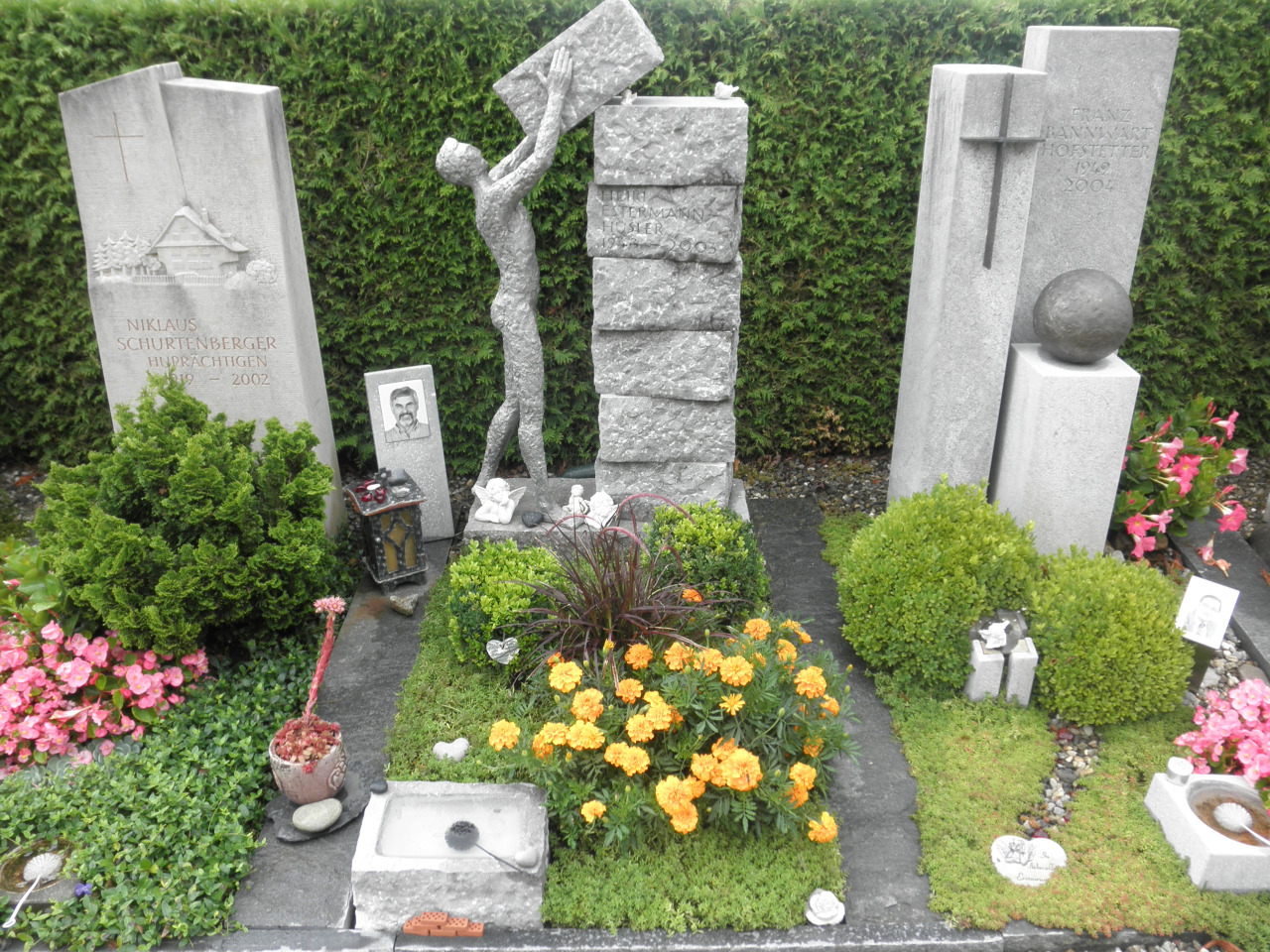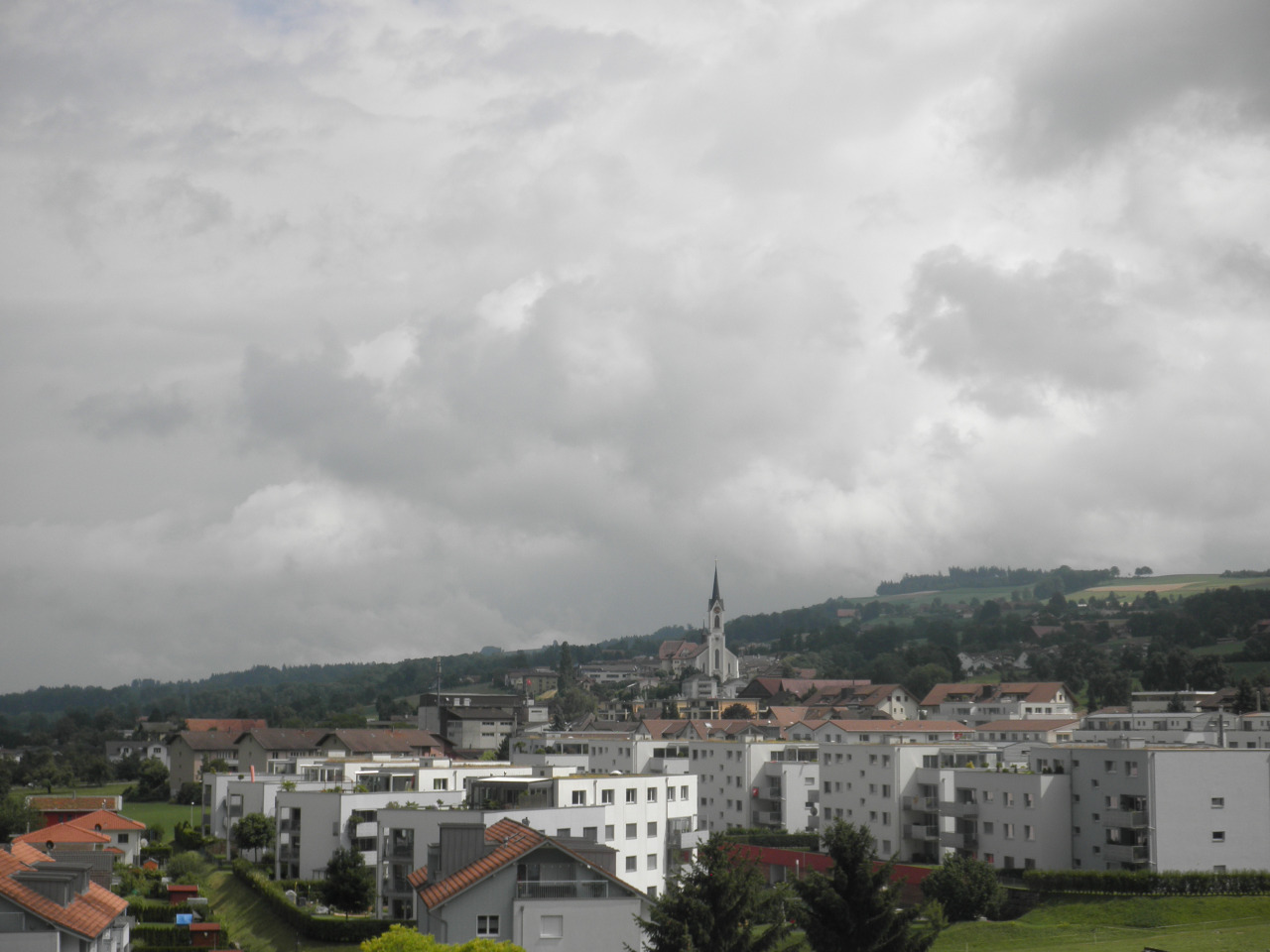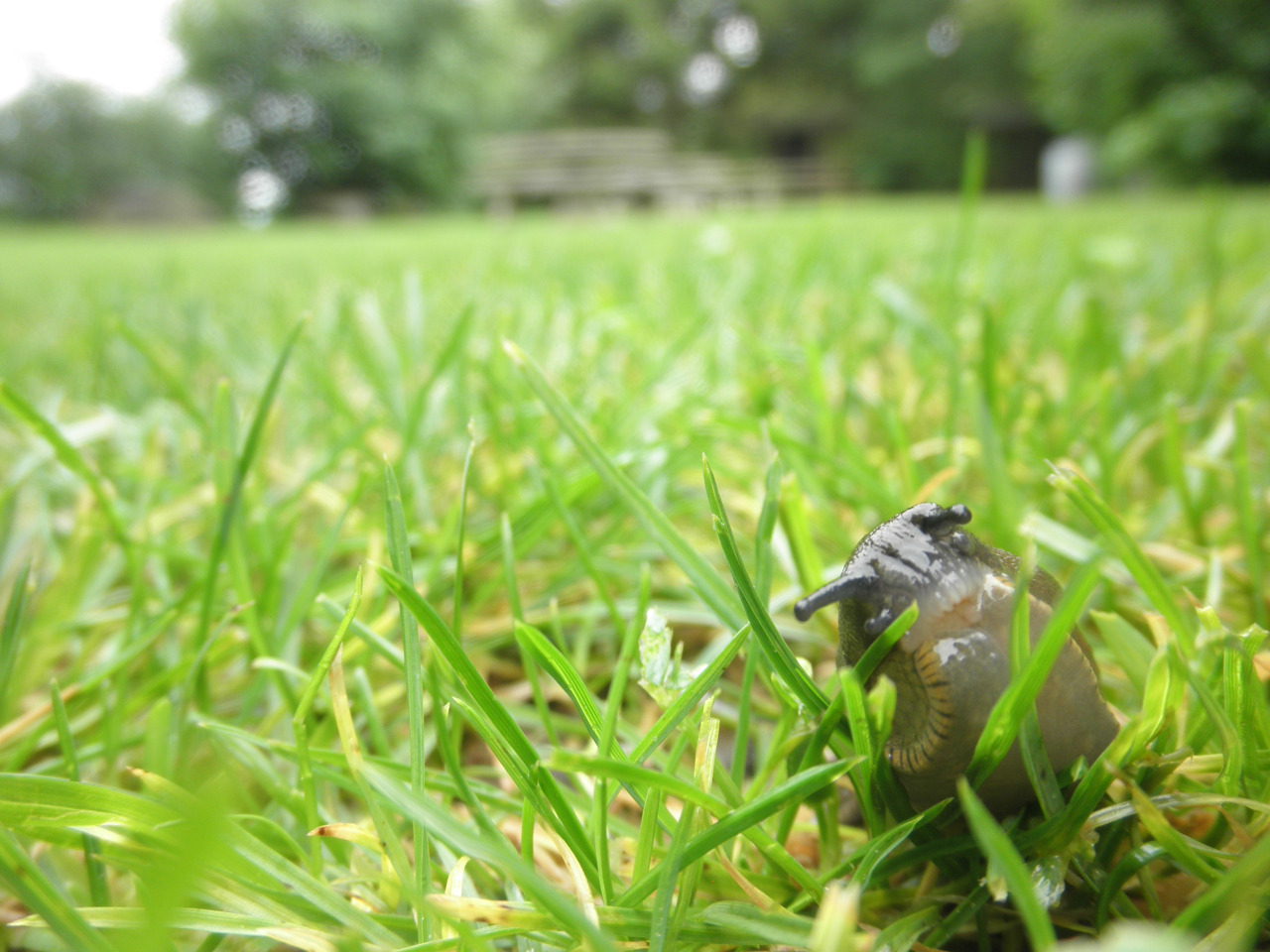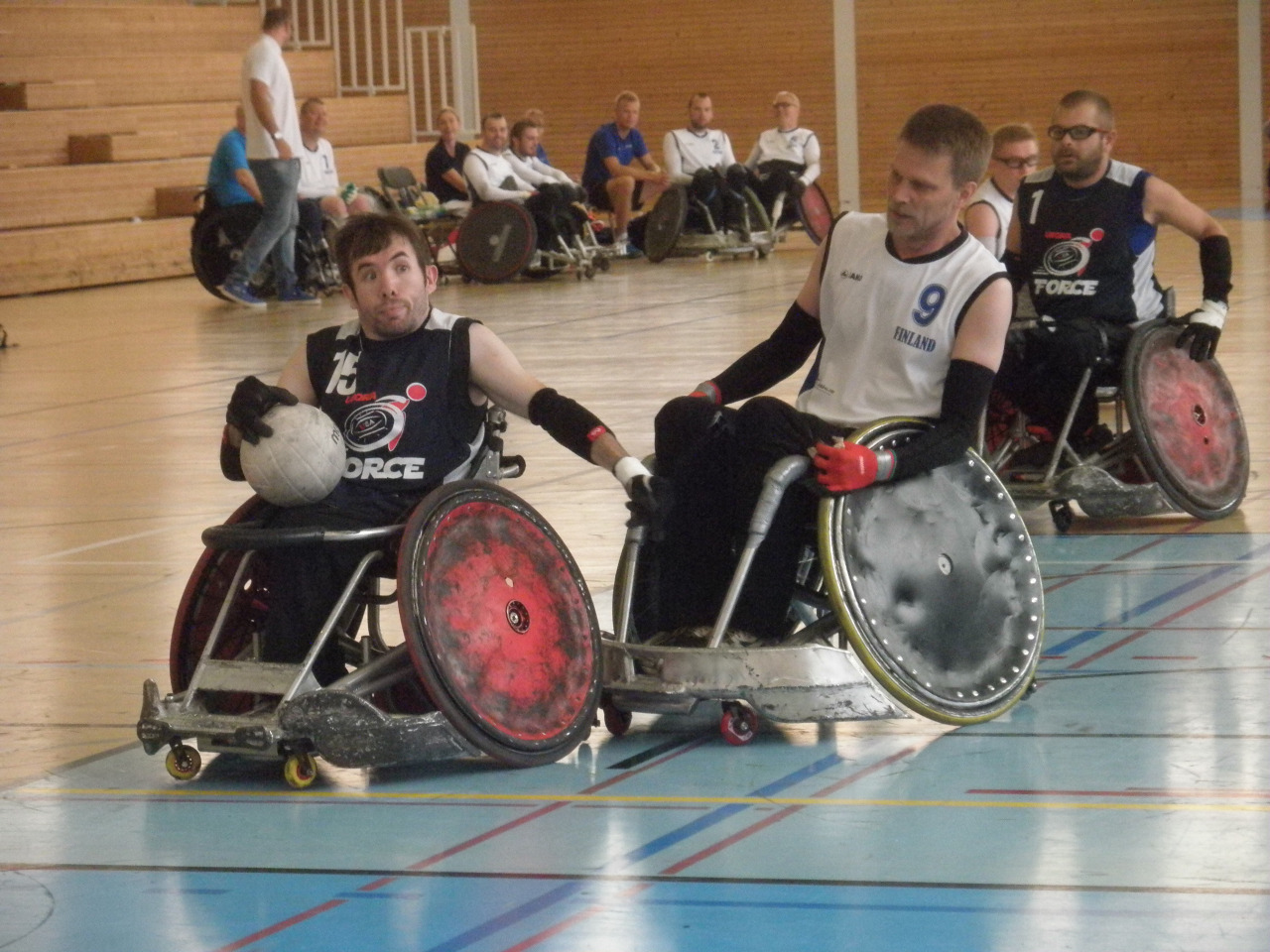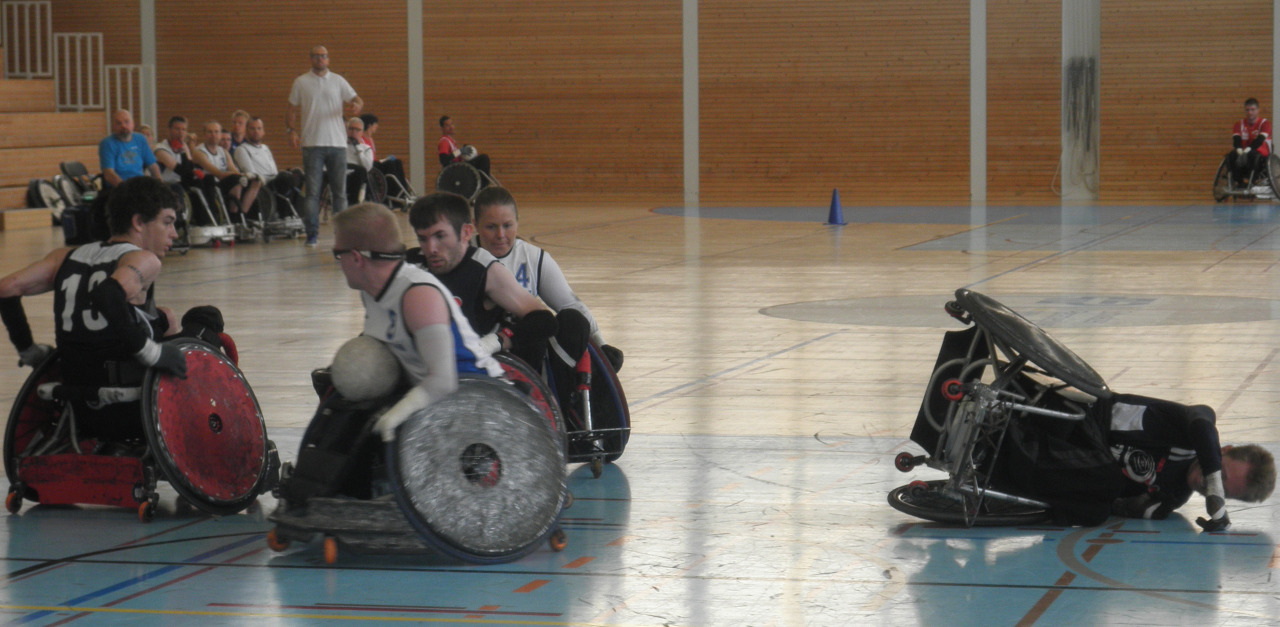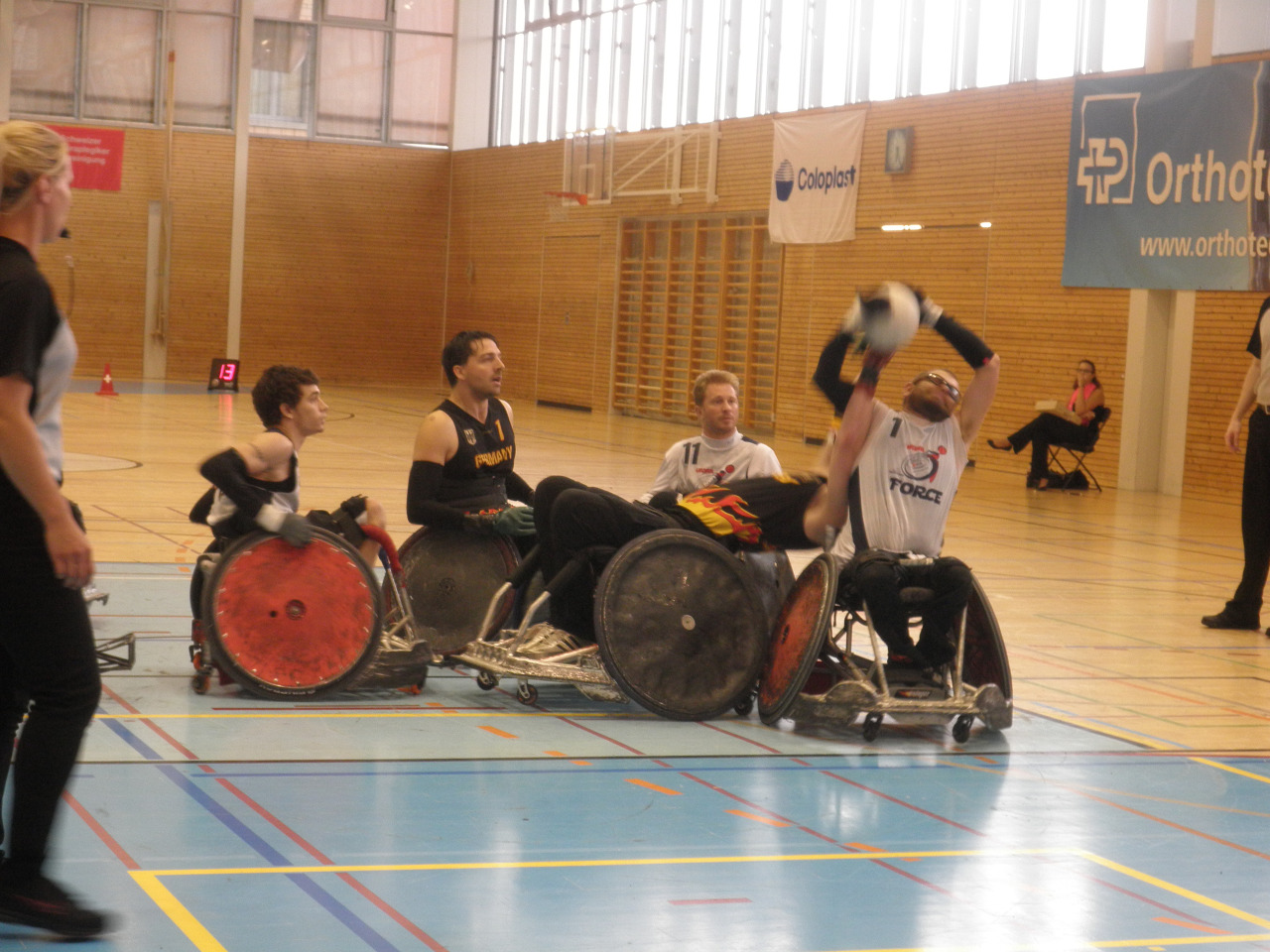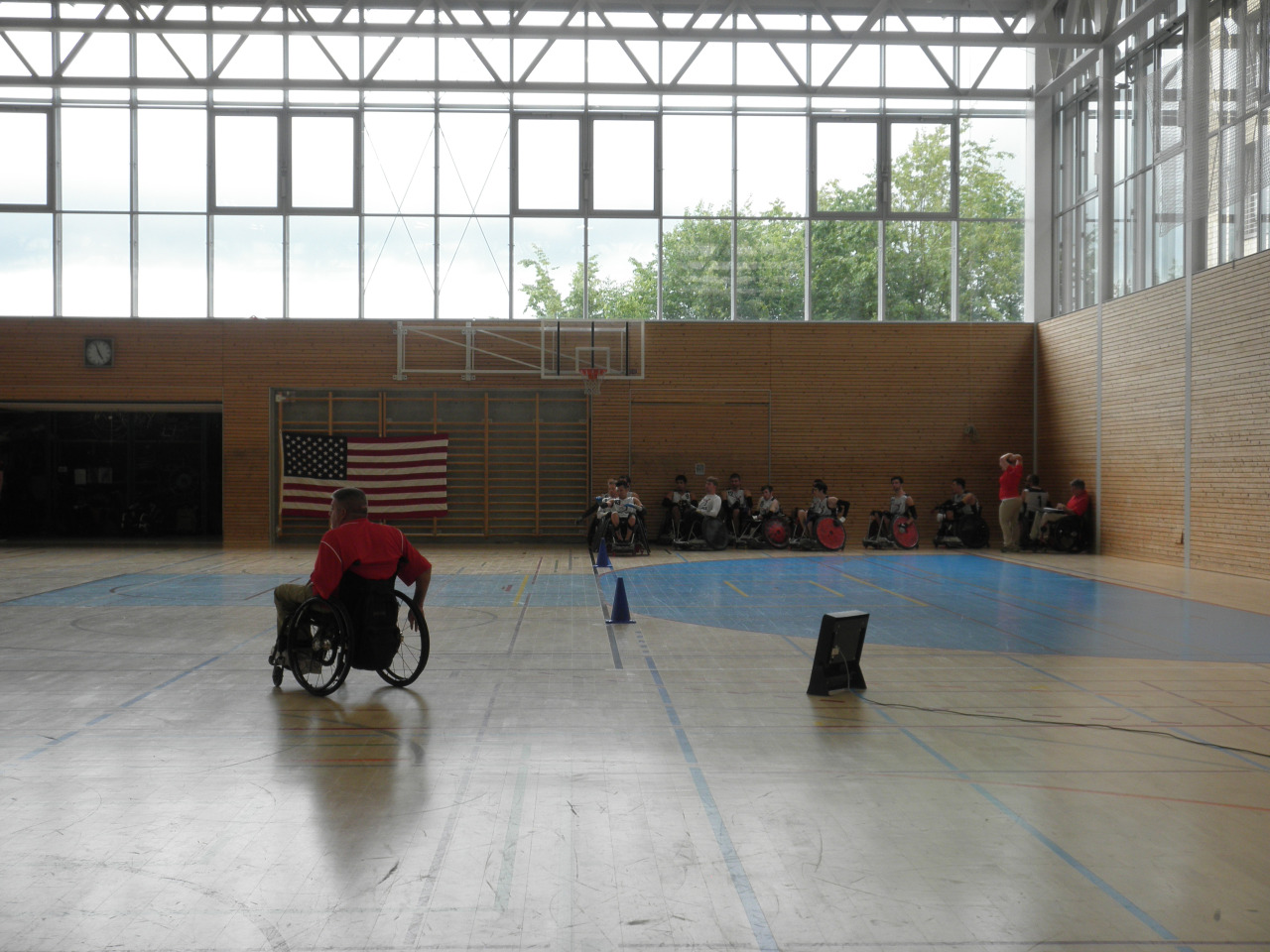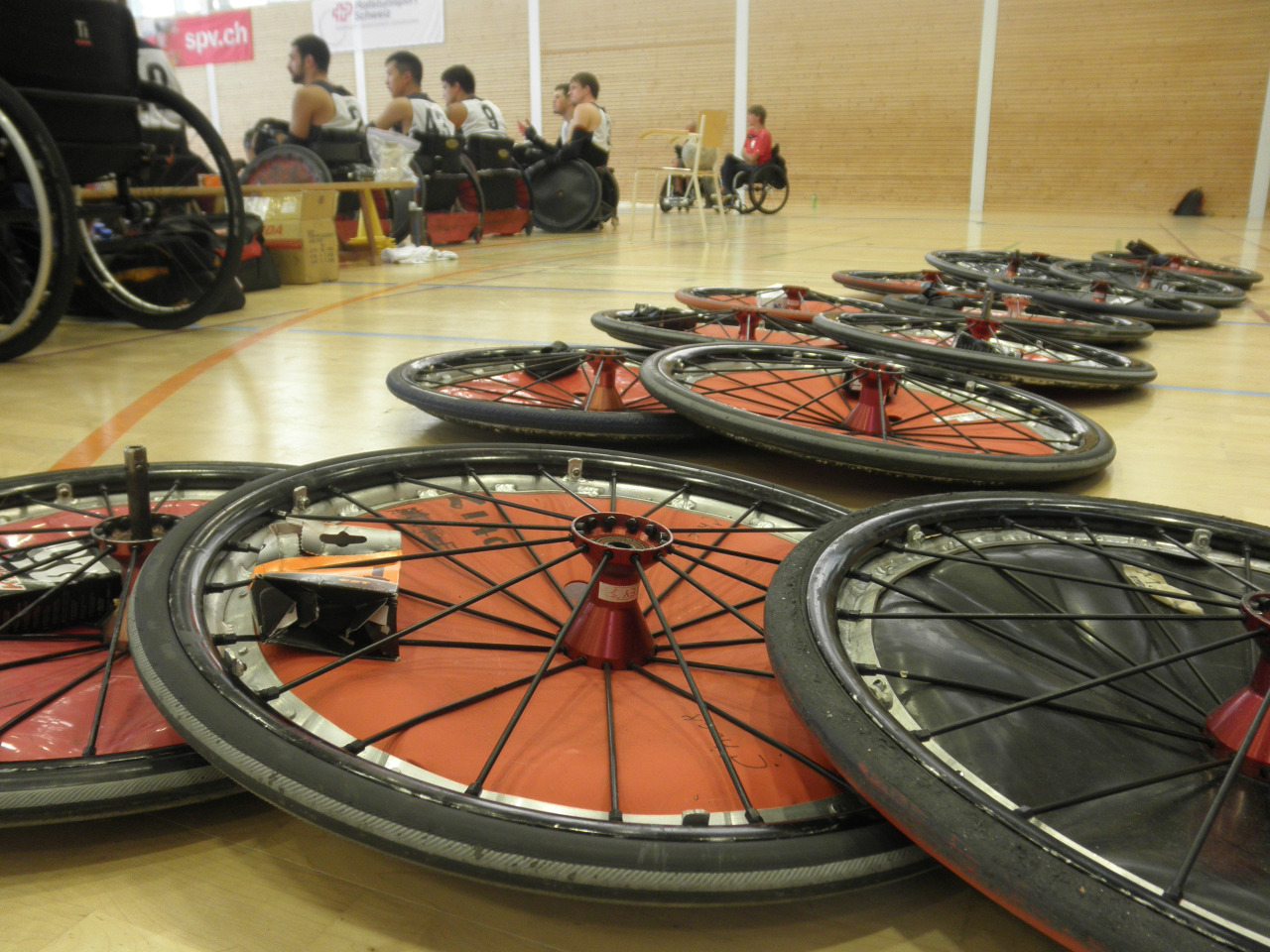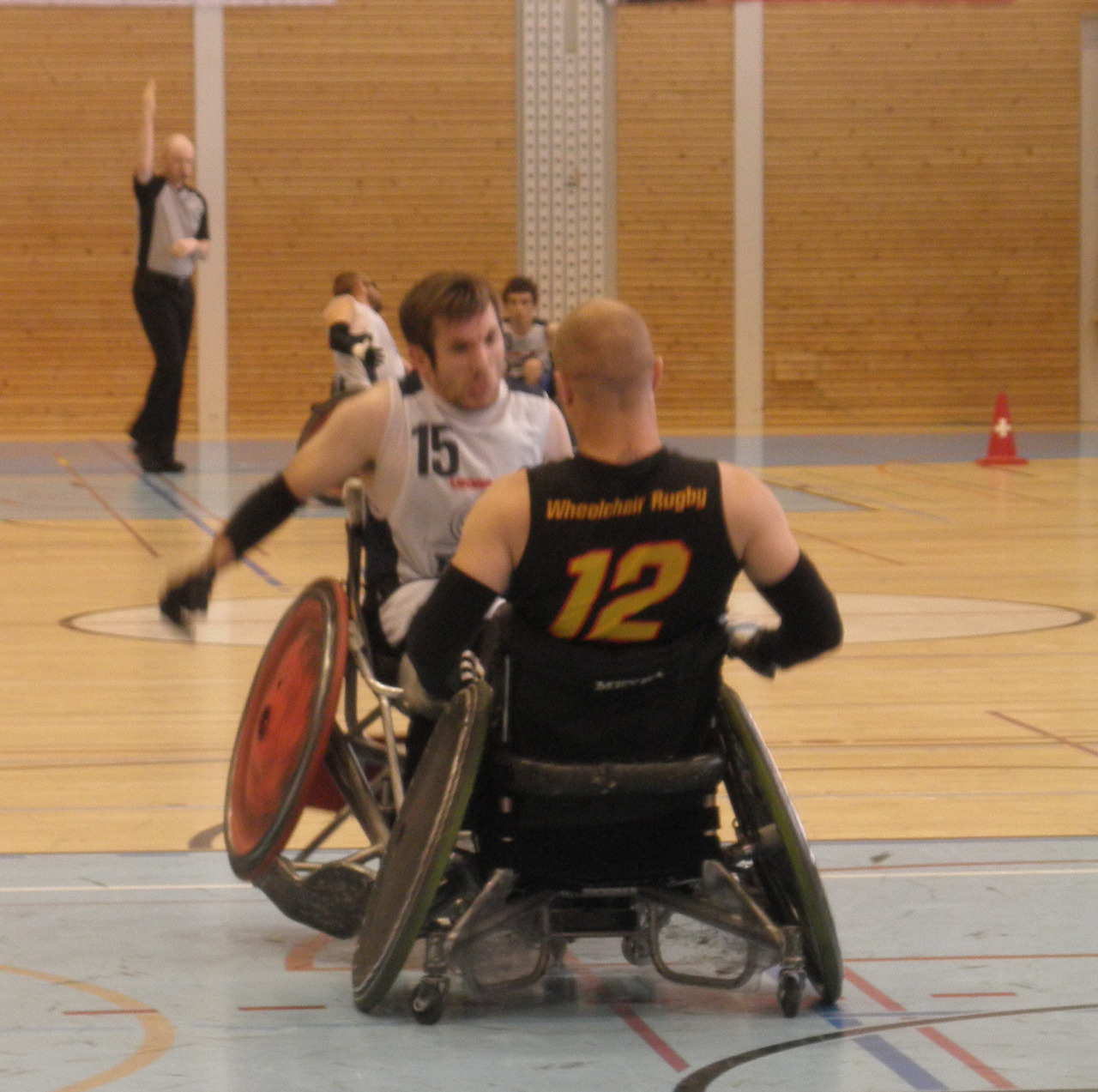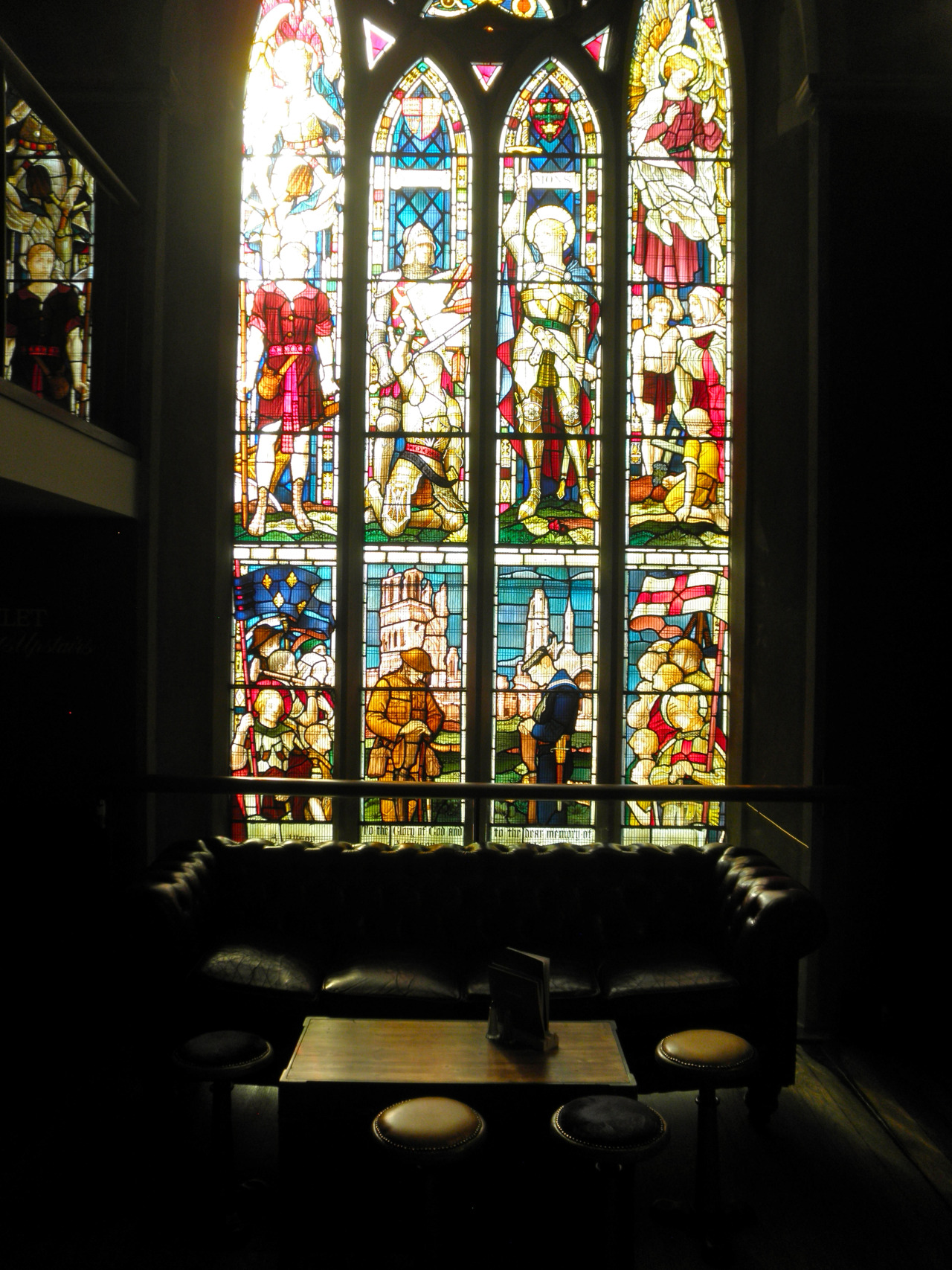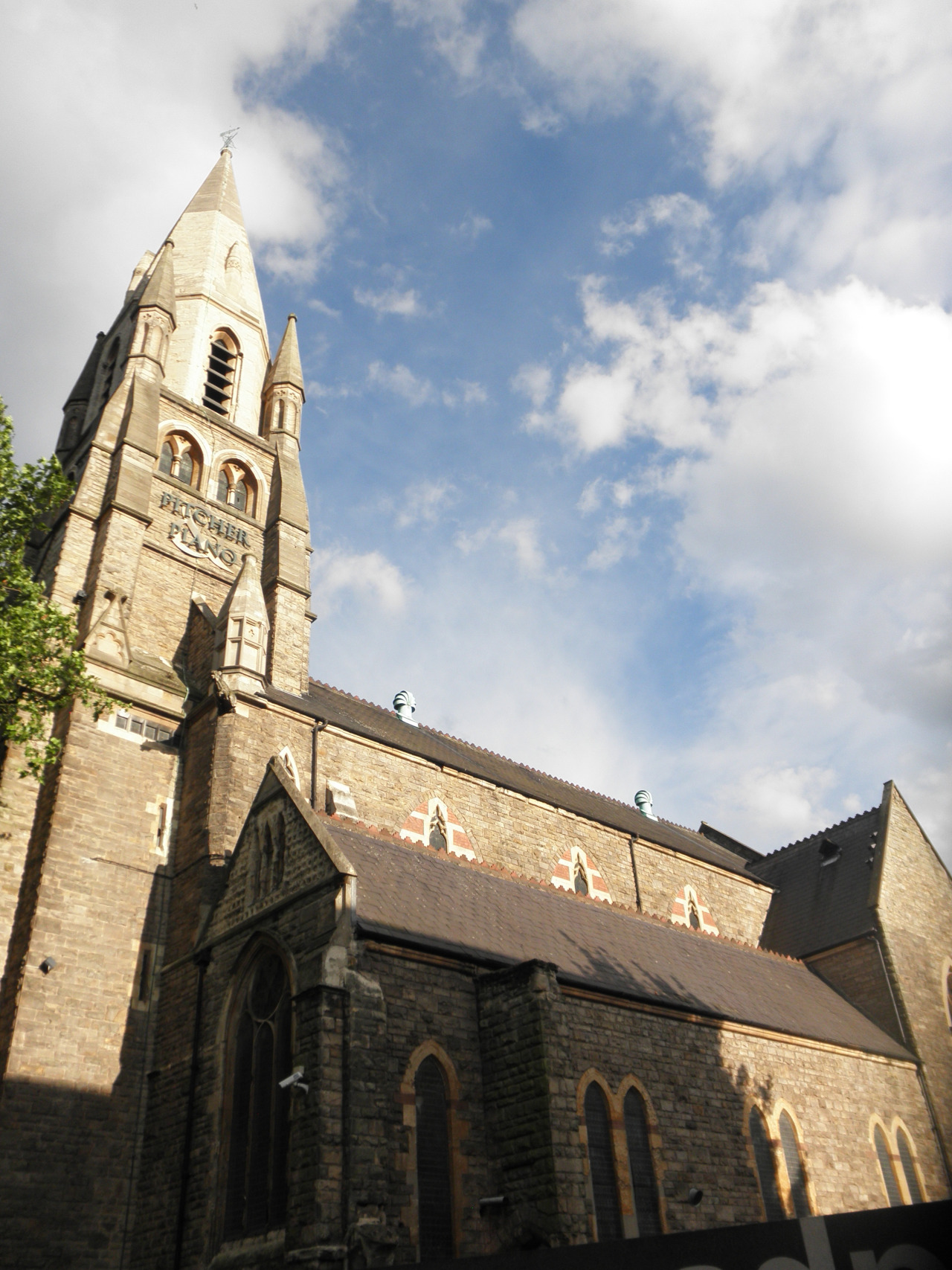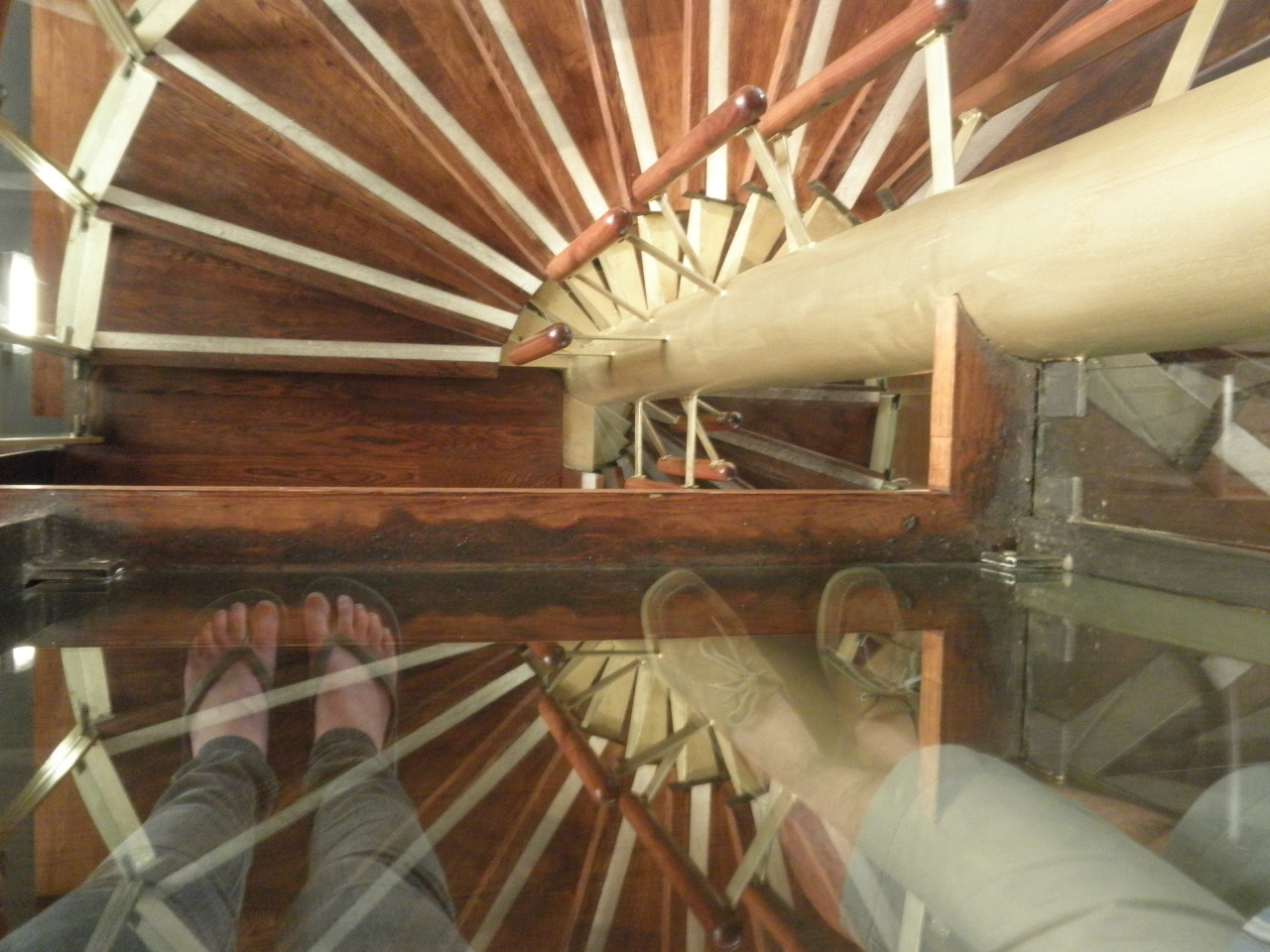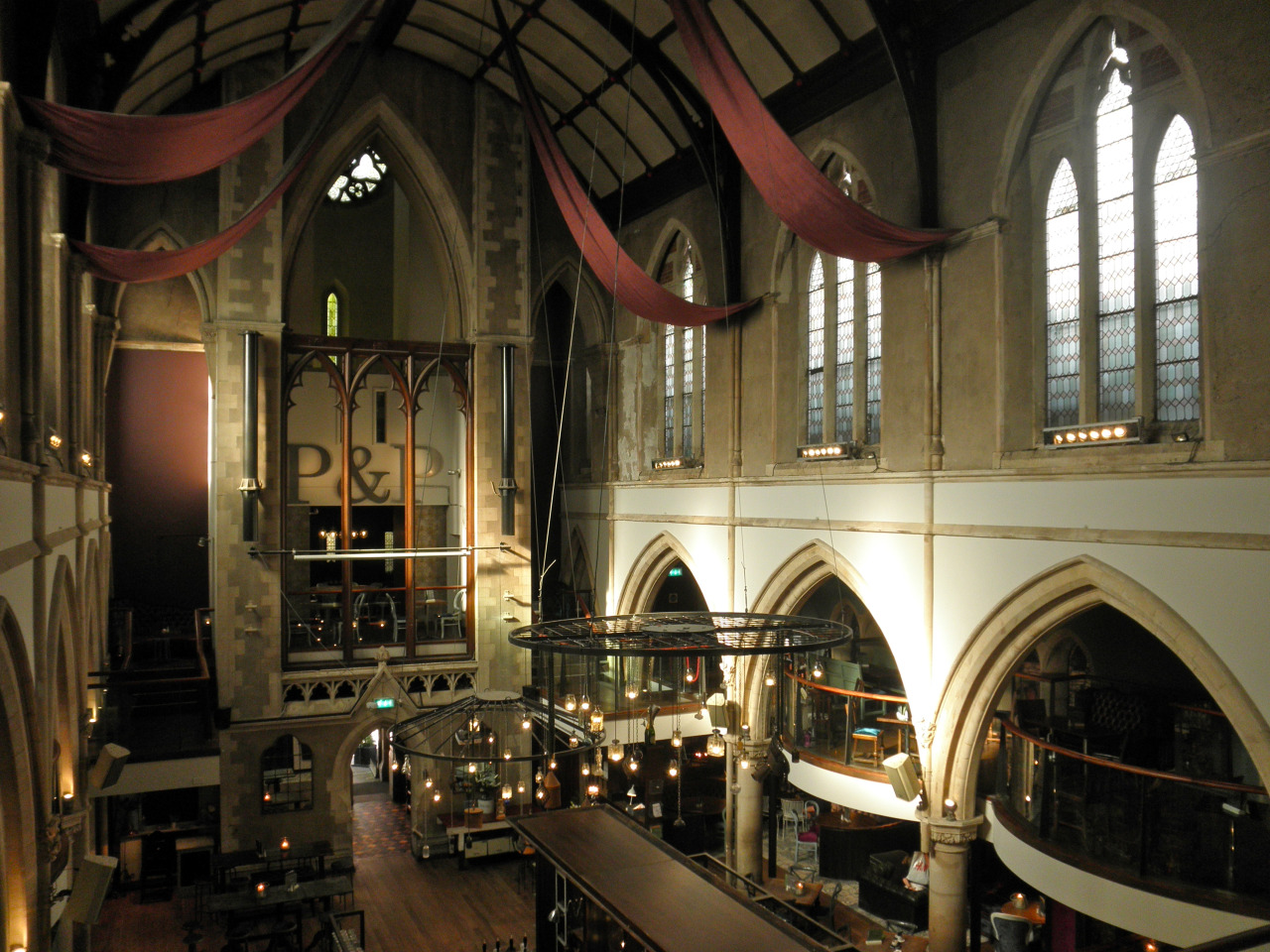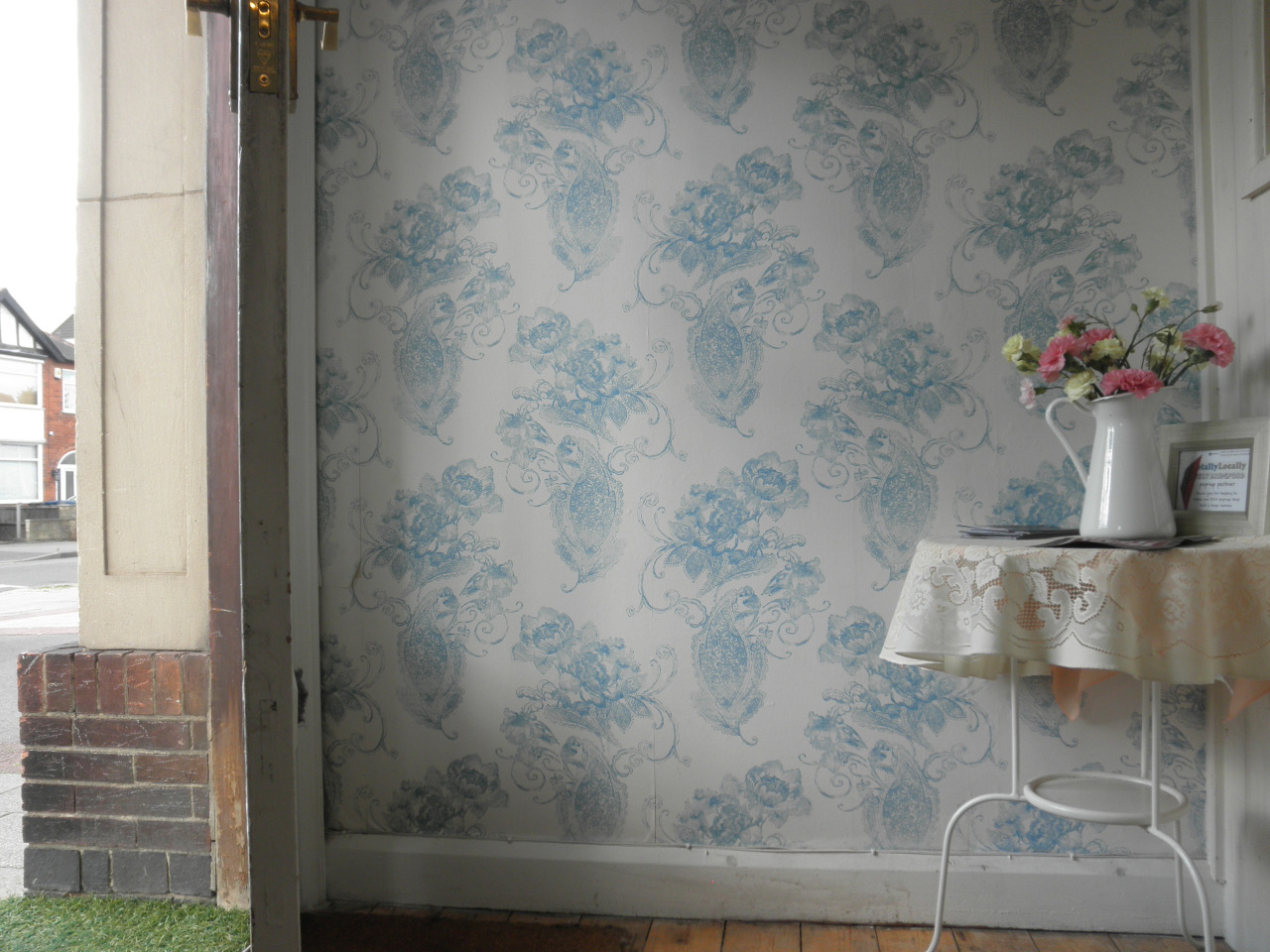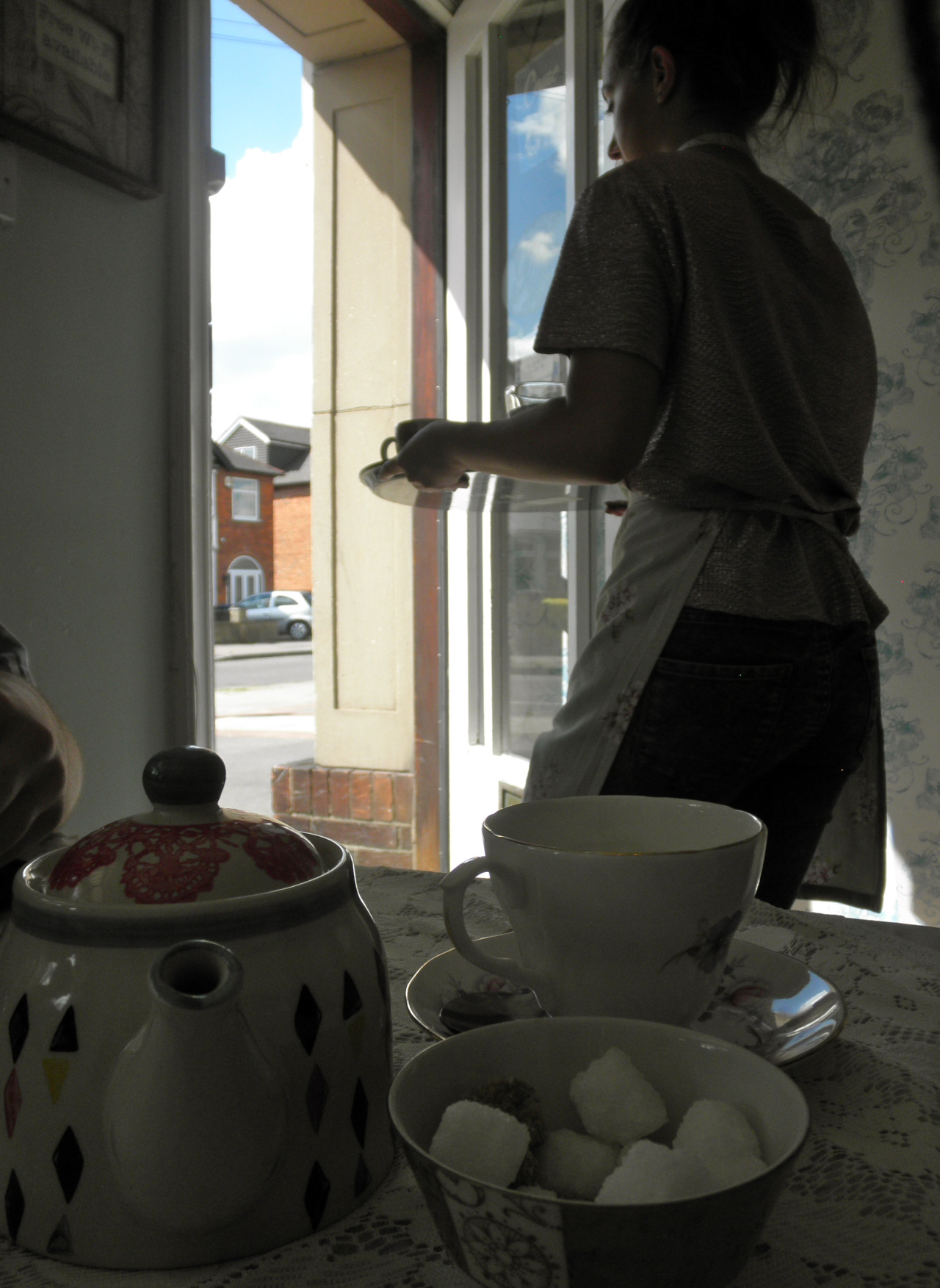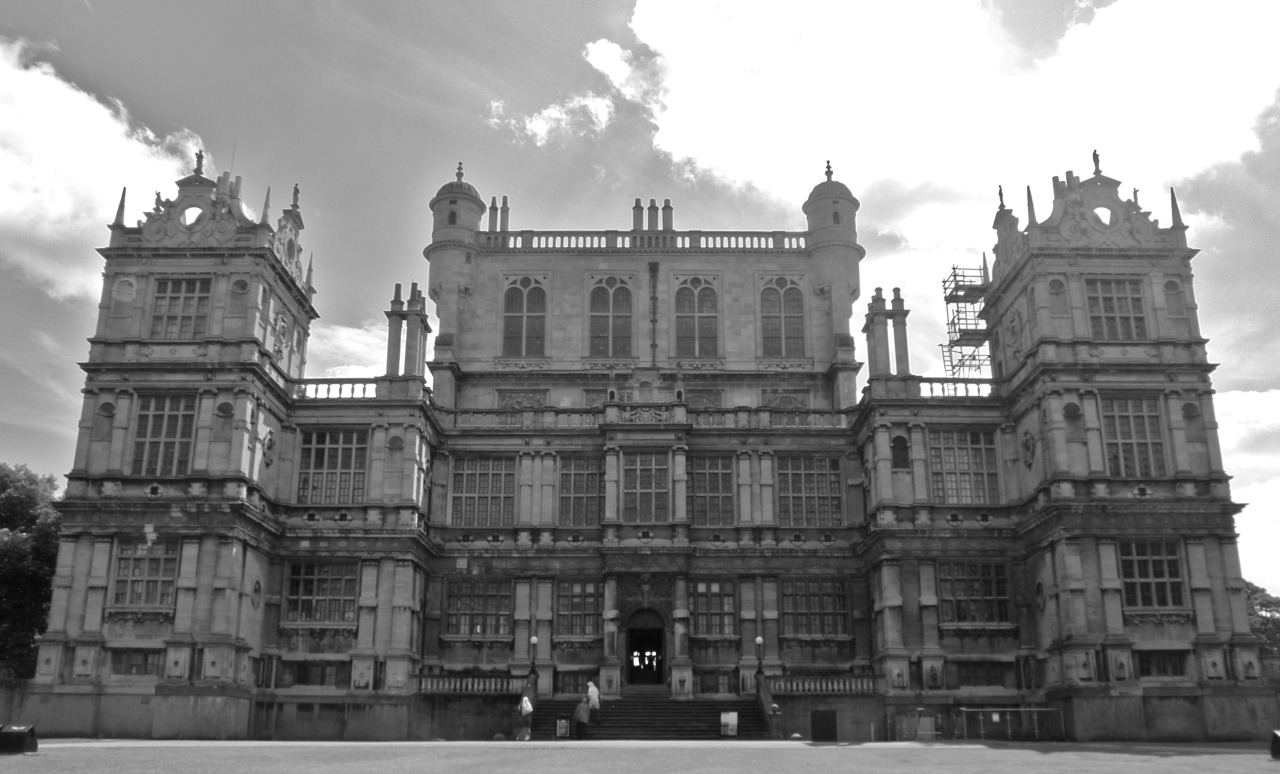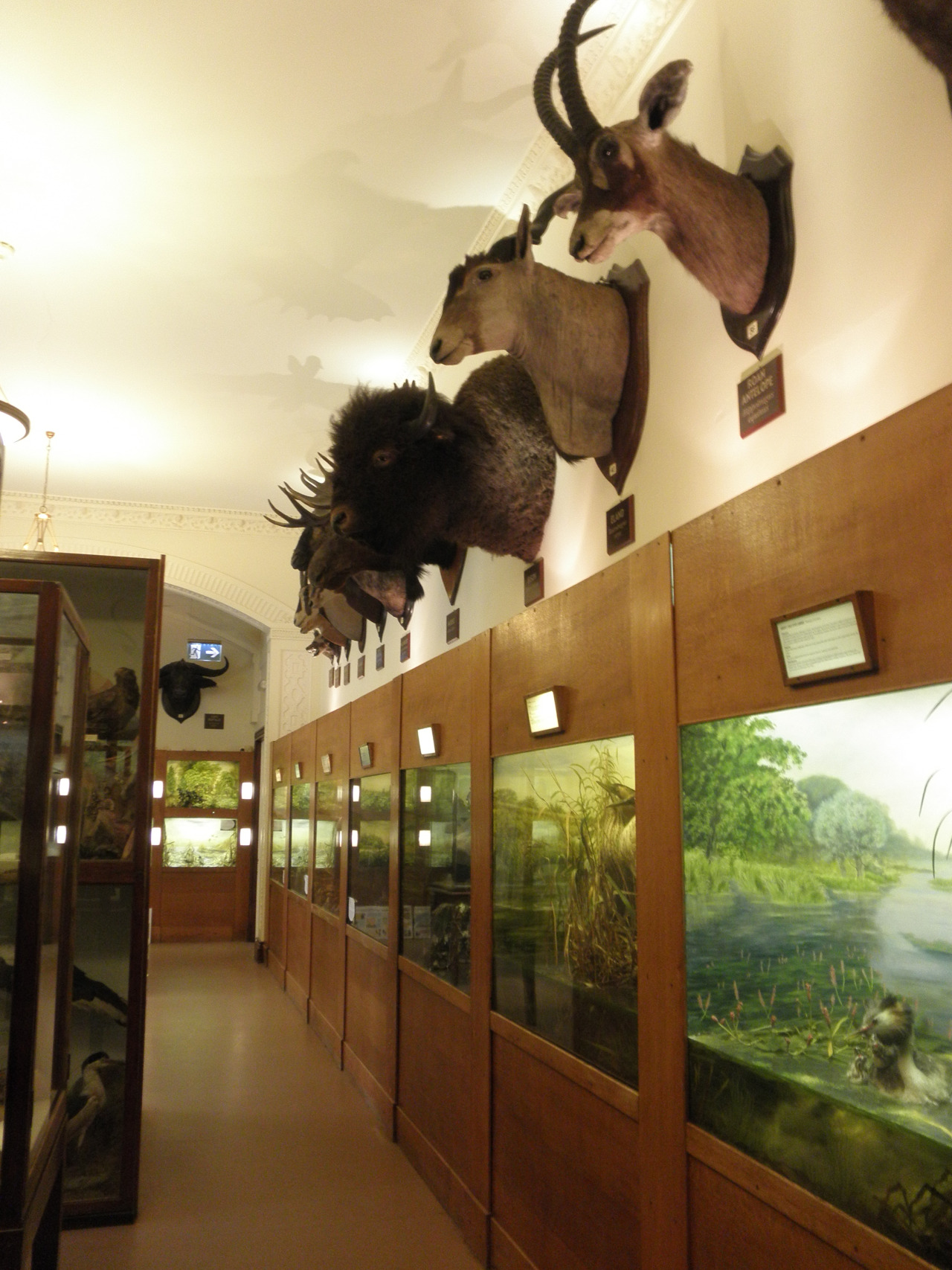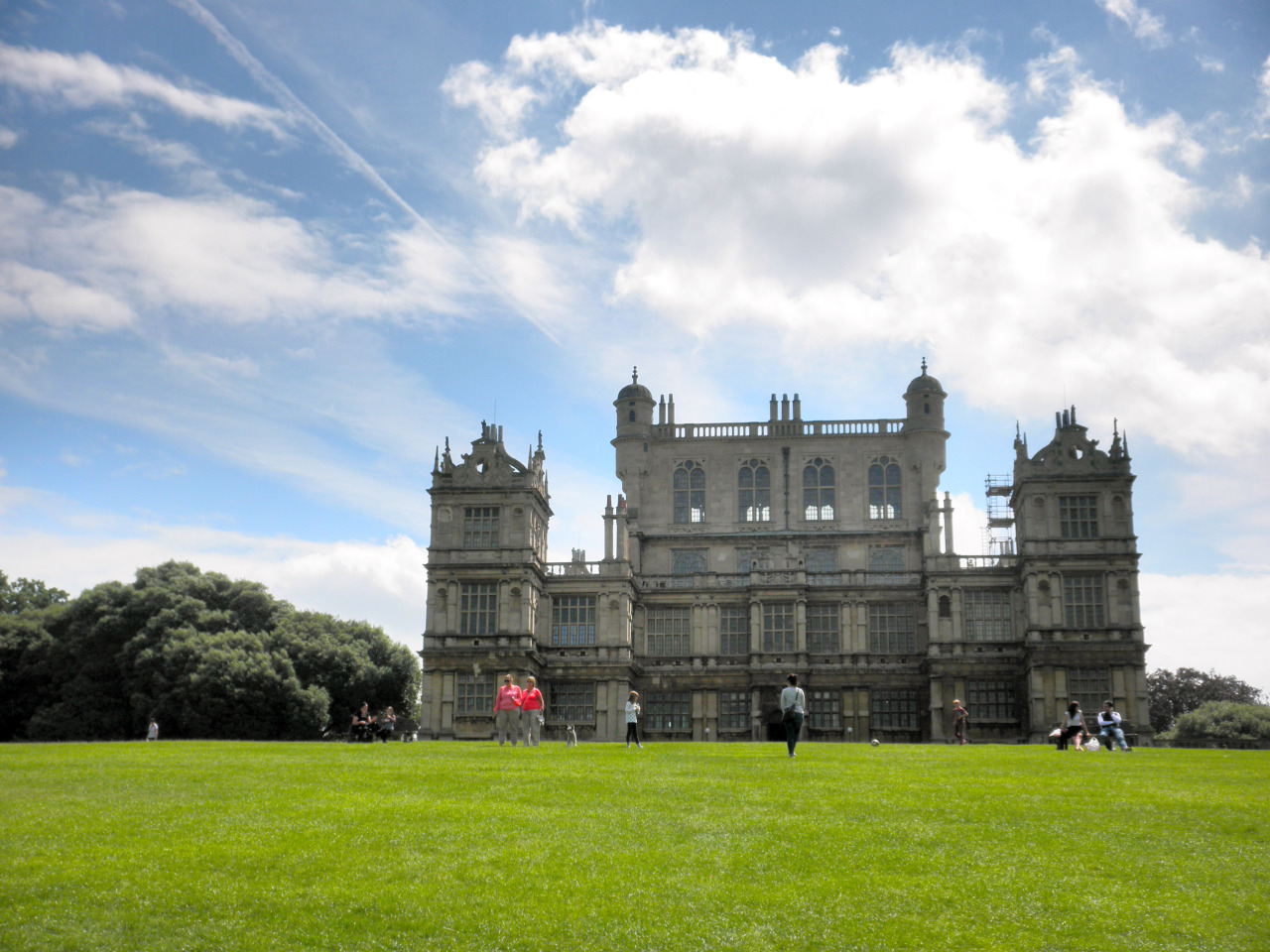Murderball
Old friends in new places
July 11-13, 2014
Nottwil, Switzerland
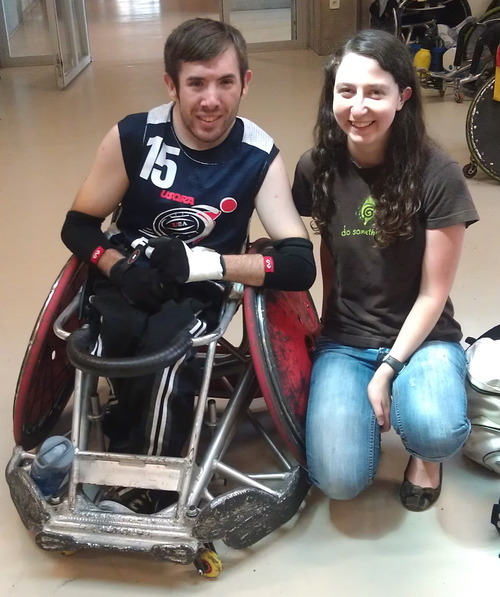
One of my best friends, Eric, is a quad rugby athlete. If you have never heard of quad rugby, I feel sorry for you. It’s like demolition derby in wheelchairs – except with actual rules and a volleyball. It can also be called wheelchair rugby or murderball (a documentary of the same name is a great introduction into the player’s world). In high school, whenever Eric’s team, the East Coast Cripplers had an odd number of players, I loved to jump into one of the shiny metal-plated wheelchairs and ram into people. Eric now represents the United States as part of Team Force, a sort of farm team for Team USA who go to the quad rugby World Championship every year and the Paralympics every four years.
In quad rugby, each player is assigned a number based on the extent of his or her disability. To keep teams relatively even only four players with a total value of no more than 10 points can be on the court at any time; this forces teams to play a combination of less functional “low pointers” and more capable “high pointers.” Players can span from double amputees still able to walk (which seems a little dubious in a wheelchair sport) to players with much more severe spinal cord injuries; and criteria for assigning you a point value can range from how well you can manipulate your fingers, turn your head, or wield your trunk to reach for a ball. The main point of the game, as in most sports involving balls, is to get your ball into the other team’s goal. After that, there are lots of little rules. You have to dribble the ball every ten seconds. You have a certain amount of time to get the ball at half court and then you have a certain amount of time to score. You can only have three chairs in the goal box defending, not all four. Like soccer you can have overturns and fouls and out of bounds. And like basketball, games can either be really boring with players just constantly rolling back and forth across the court or nail-bitingly intense with fast maneuvers, head-on collisions, and gutsy plays.
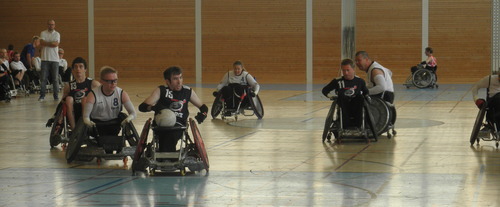
For a year or so now, Eric has been living with his fiance Andrea in Houston, Texas and I of course have been all over the place/in the middle of nowhere (also known as Blackburg, Virginia) – and thus it’s been awhile since I’ve been able to see him. So imagine my delight when I learned he had a tournament with Team Force in Switzerland while I am here across the pond! (Sad that it’s easier and cheaper to take a long weekend in Switzerland from England than go from Virginia to Texas). So Thursday morning, I boarded a bus from campus, got on a train in Nottingham, switched trains at Leicester, checked in at Stansted airport, flew to Basel, Switzerland, took a bus to the train station, ran onto a train bound for Sursee, couldn’t understand German and boarded the wrong train to Luzerne, and finally got on the correct train that happily dropped me off at Nottwil. Precisely where Eric and Kevin were about to board the same train to go looking for me. Instead, we walked through the rain to the hotel and tried to not squish slugs.
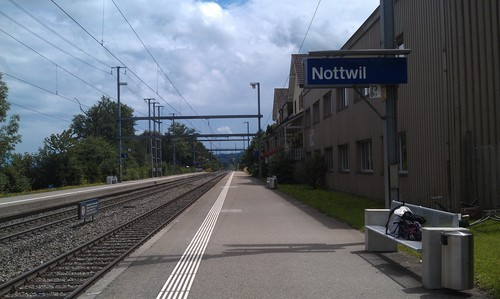
I soon learned why this seemingly random place had been chosen to host this international tournament. It seemed to be a hospital/rehabilitation center/conference center/hotel/sports center devoted to paraplegics. Ramps and wide paved sidewalks lead you around the facility, to the edge of the lake, and through gardens. Eric’s hotel, a tall modern-style cement structure that went up four or five floors and underground at least two, had automatic everything. The combination drab concrete and automation made me feel like I was in the futuristic dystopia of the Hunger Games or Divergent. Tall doors giants could fit through opened automatically as you approached. Clear glass doors that has just looked like window dividers opened automatically as you walked past. The doors to each room sat at 45 degree angles to the walkway, creating a zigzag effect in the walls. As you entered each part of the hotel room itself – hallway, bathroom, main room, etc – lights would automatically turn on. But all of the outlets and tv would not work until a room card was placed in a slot near the entryway. Instead of wasting energy by leaving things plugged in all day or stressing trying-to-be-environmentalists out with unplugging things and surge protectors, this hotel allowed you to shut your entire room down with a chip in a plastic card. Of course this was slightly annoying if you did need to charge things (like my cell phone, camera, laptop) while you were away. (There’s no winning, is there?)
While Eric and Kevin (another former East Coast Crippler) went to team meetings, I wandered around Nottwil. A path with a diamond shaped label that said “wanderweg” followed in between the railroad tracks and tall grasses abutting the lake’s edge. It varied between gravel and pavement but seemed to go on steadily next to the rail for miles. Smaller side trails lead you to the peaceful edge of the lake. Ramps lead me back under the railroad tracks onto smaller roads with houses poking out of every corner. I followed a sign that advertised for camping and instead found a field full of wildflowers and a tidy neighborhood filled with campers that looked like they hadn’t been moved in years. (If that was a trailer park, it was the most beautiful, cared-for one I have ever seen). Larger homes stood like tall barns over wide fields, keeping watch over a herd of cows and supporting mountains of chopped wood stacked against the wall. A newer (probably Catholic?) church stood at the top of the landscape and proudly rang out the time to the town below (the Swiss are very precise in their time – Rolex proudly sponsored all the analog train station clocks – and when I had gotten on the wrong train earlier, the ticket man scolded me that obviously I had wanted the 5:34 train (that left from that exact same platform) so why had I gotten on the 5:28? (You’re serious, right?)). Stores in the town seemed to open and close whenever they pleased. I saw a bride and groom’s bachelor and bachelorette party occur on opposite ends of the same bar as it was probably the only one open in town. The bar itself was painted every bright color a thirteen year old girl would choose for her room in the hopes it might become a slumber party mecca and the decorations had an americana-beach-boys theme – all of which contrasted oddly with the gray clouds and rain that permeated the sleepy atmosphere of the Swiss town.
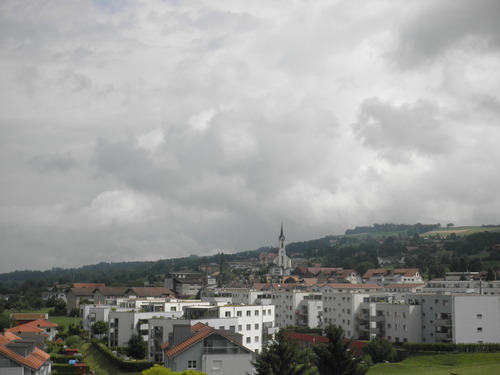
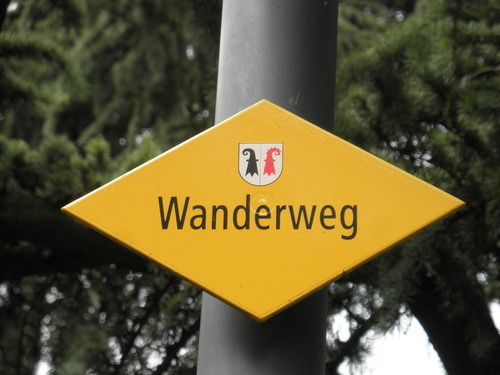
But I always made sure to return from these excursions in time to make Team Force’s next game. USA seemed to have a lot going for them: Eric had made the brilliant trip hashtag #ForcingSwitzerland that seemed to be catching on (It was hilarious, but also couldn’t be objected to by higher-ups because it was true), they were the best of the best from various club teams across the country, and I was here as their cheerleader. Alas, the team was new and still learning how to effectively work together; they improved vastly each game they played and worked incredibly hard but could never find the elusive win the whole weekend.
I learned a lot about how different the rest of the world can be. Eric and his teammates earn $250 a month for being professional US athletes. Which maybe if you were to save that over the course of a year would be enough to buy you the special rugby chair needed to even play the sport. Eric pays his own way to every tournament. For Switzerland he started a crowd-funding campaign to offset the thousands of dollars just the flight would cost him. Great Britain’s team, meanwhile, is on the opposite end of the spectrum. They are paid a yearly salary just for being on the team (I heard lots of numbers being tossed around, so I don’t want to report inaccurately but it’s probably in the range of 30,000 pounds). Their sweatshirts, t-shirts, flights, hotels – all the little things that add up quickly – are paid for. Just being on this team and playing rugby could be their entire profession. The rest of the world is somewhere in between the two extremes of the USA and Great Britain. And yet, USA has medaled in the Paralympics every year since their introduction.
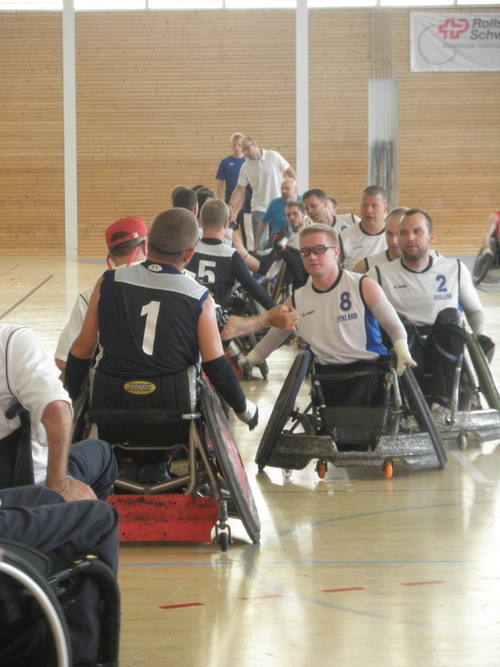
I also learned a lot about Switzerland. Everyone knows an absurd amount of languages. Swiss itself is only a spoken language, not written. And even then different dialects are spoken in different parts of the country. Street signs are thus often in German. So people know Swiss, German, French or Italian (or both) depending on which country is closer, and very often English. Almost everyone I spoke with knew conversational English. And an English speaking country doesn’t even border them. Which makes every citizen fluent in two to three languages and conversational in three to five. Which blows my mind. The Swiss have also taken the precautionary principle to heart. Clean water is considered a basic human right – and public fountains are scattered everywhere to provide free access to some of the best water I have ever tasted. When people see trash on the street, they go over and pick it up. And probably recycle it. Every citizen is required to serve two years in the military. And when their service is up, they take the weapon they were issued home with them and store it in their bunker. Because every building is required by Swiss law to have a nuclear fallout shelter. Instead of a normal basement, most homes apparently have reinforced steel and some sort of ventilation system along with it. Eric’s hotel room had two entire underground floors seemingly just for this purpose. Even much of the military is apparently housed underground. Though Switzerland is committed to neutrality, they seem to be the most prepared in the world to quickly burn their bridges (literally), defend their land, and keep their citizens safe should a real apocalyptic scenario occur. What a completely different way of life (though obviously it has allowed the world to trust in its banking, the quality of its products, and helped the country get through WWII).
And, of course, as Eric, Kevin and I browsed the channels on the hotel room’s tv, the only two English speaking channels were BBC and MTV. We settled on MTV for a bit and watched a show on women who work at a Hooters-like restaurant in Texas where all they seem to do is sell alcohol and get in petty fights with each other. It was not the best image America could really broadcast to the world. And in contrast to all the dutiful things Switzerland seemed to be doing, really made you wonder why more global perspectives aren’t normally a part of the national conversation.
Pitcher and Piano
Tea at Tiffin
Wollaton Hall
Dark Knight Rises into taxidermy hell
July 4, 2014
I spent America’s birthday in the country of our oppressors. I had to work – as it’s obviously not a national holiday here. And in a British pub I watched European teams play soccer in a South American country. Every now and then I would be asked who I was rooting for and I would bark back “America!”. No grilling, lazy rivers, or fireworks. The thing I missed most, though, was my annual watching of 1776 the musical.
Dr. Benjamin Franklin: If I’m to hear myself called an Englishman, sir, I assure you I prefer I’d remained asleep.
John Dickinson: What’s so terrible about being called an Englishman? The English don’t seem to mind.
Dr. Benjamin Franklin: Nor would I, were I given the full rights of an Englishman. But to call me one without those rights is like calling an ox a bull. He’s thankful for the honor, but he’d much rather have restored what’s rightfully his.
John Dickinson: When did you first notice they were missing, sir?
Chatsworth impressions
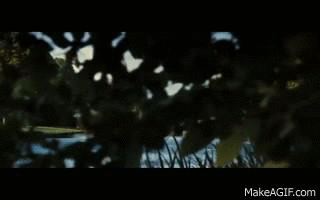
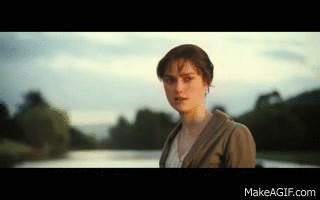
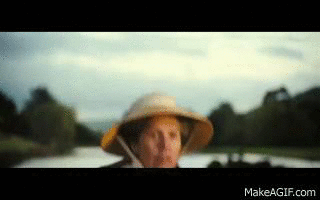
An afternoon at Mr. Darcy’s
June 29, 2014
On the back of an old McDonald’s receipt, Cath, an American getting her Master’s at Nottingham, had scribbled down precise instructions on how to get to Chatsworth: 40 minute train to Matlock, then 40 minutes on the number 34 bus to Chatsworth. It seemed straight forward enough, though I never would have figured it out on my own. So Saturday evening, with nothing spectacular planned for the following Sunday, Missie and I bought our train tickets and dreamed of lounging in the grass and reading like a true Bennett sister.
Because, of course, Chatsworth is Mr Darcy’s home, Pemberley, in the 2005 adaptation of Pride and Prejudice with Keira Knightley. That night, we watched the movie in preparation (much to Ryan’s chagrin as he had just watched it with his girlfriend and did not want to be dragged into another girly movie so we also played cards to entertain him).
Our road to Chatsworth was not as emotionally tolling as Lizzie’s but our transportation ended up not going as smoothly as the back of the receipt had made it seem. The bus from campus to the train station never came so we took a cab with a driver that couldn’t seem to find one of the main landmarks of the city. The train was pleasant enough but when we went to catch the bus, we learned we had gone to the wrong bus station – in the small town of Matlock, the end point of this train line, there were TWO freakin bus stations. And on a Sunday, the bus we wanted came only once an hour. During our wait, we stopped and had some breakfast tea. The small store was one of the few open on a Sunday morning and a gaggle of men were on their last sip but not their last word when we snuck in to take our seats in the corner. Later, the sounds of the radio emanated from the kitchen playing 80’s hits like Shaggy’s “Red-handed” and MC Hammer’s “Ice-ice baby”. Missie and I just giggled – our calm morning and breakfast tea now juxtaposed with a reggae voice lamenting being caught banging some chick on the bathroom floor (I mean, how could he forget he had given her an extra key?).
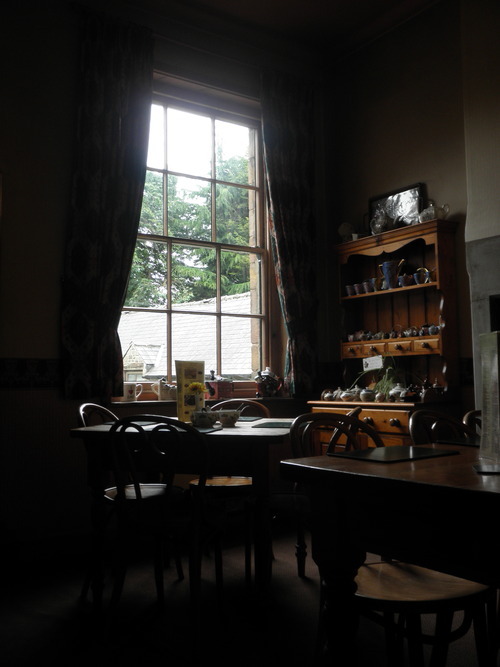
But we did make it. The double decker bus wound slowly through the Peak District, past farms and small houses, down two lane roads that somehow turn into one lane when everyone is home and their car is parked out front, and waited patiently behind bicyclists on their touring circuit. Missie made the brilliant observation that gardens here are chaotically beautiful – yards don’t appear manicured and flowers aren’t planted in neat rows; instead, it’s as if this beautiful boque of wildflowers magically sprung up in exactly the right place. Past fields of sheep, we descended from the crest of a hill into the valley that held shining Chatsworth below.
It was…huge. Even the movie doesn’t give the size of this place justice. We got lost for an hour just trying to find the entrance. I wish I was kidding or exaggerating – I want that hour back.


At the entrance, a woman gave a short introduction to the house, filled with one liners like: “In the house, if you think you see something from ancient Egypt or Rome, it is. If you think you see a Rembrandt, it is.” The Cavendish’s who owned the house had wealth in land, artifacts, and political power. While lots of people have had wealth and land through the ages, continuously picking the winning side in civil wars and political upheavals allowed the family to keep their land and wealth and maintain their collections within their family. And they continue to live in it to this day. (I know right?) Which means, ancient artwork and architecture have been preserved and passed down, but also modern elements are continuously added. Like the wire sculptures sprinkled throughout the gardens:
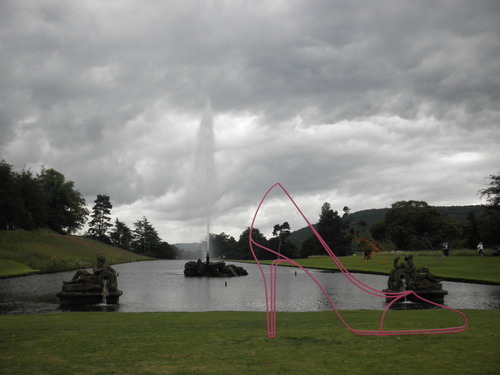
Or the bright pink boxes many of the sculptures posed on (“Wounded Achilles” is front and center):
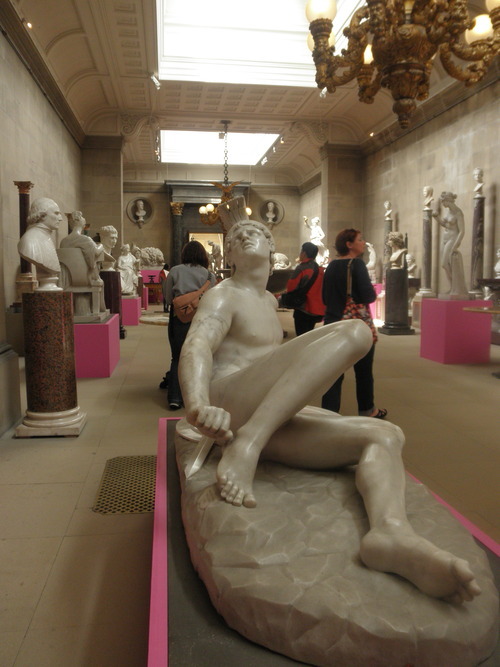
Each room was so dense with wondrous things, I struggled to take it all in.
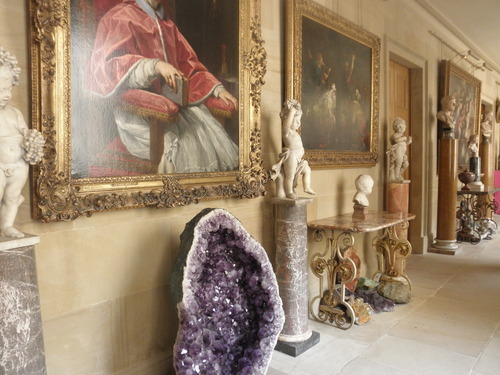
Missie would read from information cards scattered in the back of a room and fill me in on little details.
Like the wallpaper is gold-embossed leather:
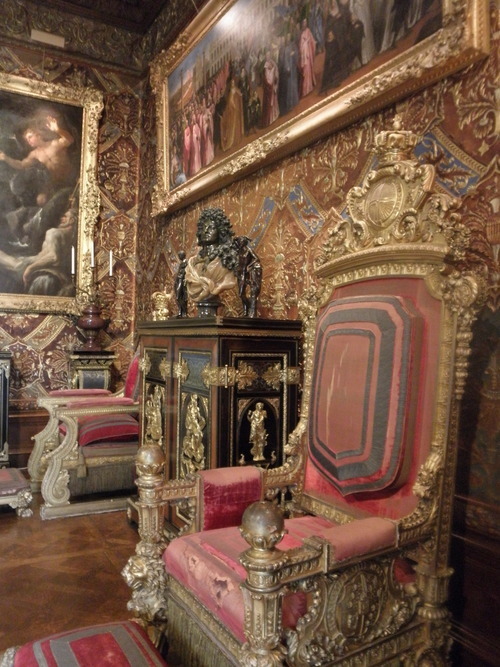
Or the pair of tall white things by the fireplace are Narwhal horns:
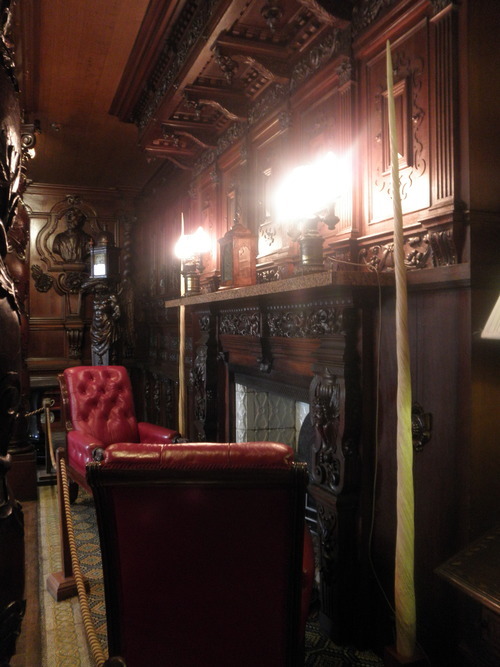
Or that during World War II, a girl’s boarding school took refuge in these walls. (Two of them are still alive today and were at the opening of this particular exhibit. A quote on the wall of a letter home to the parents stated they had been bombed earlier in the day, but that everyone was fine and the girls would still be going to bed on time. #what):
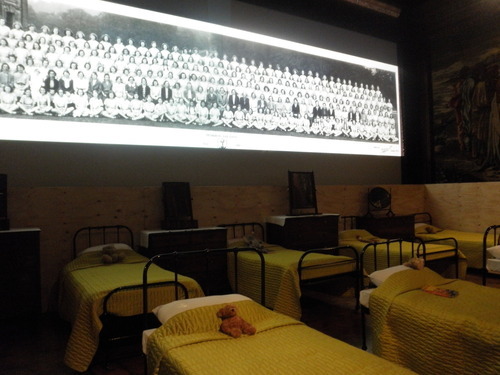
Or that the portrait to the far right is of Tsar Nicholas of Russia from when he visited:
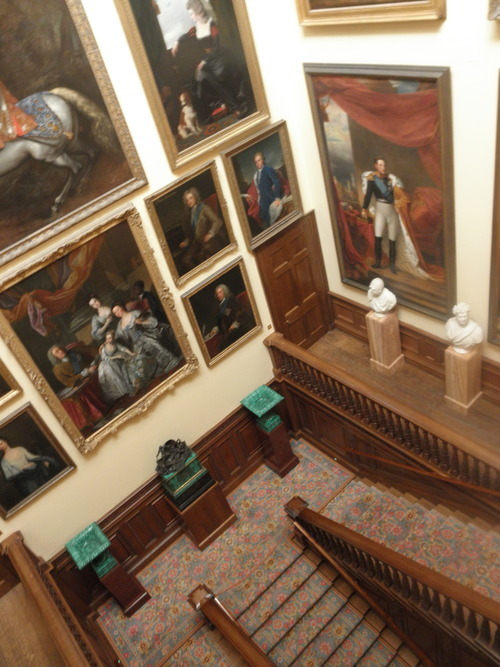
This dining room table was SHORTENED to better accommodate tourists:
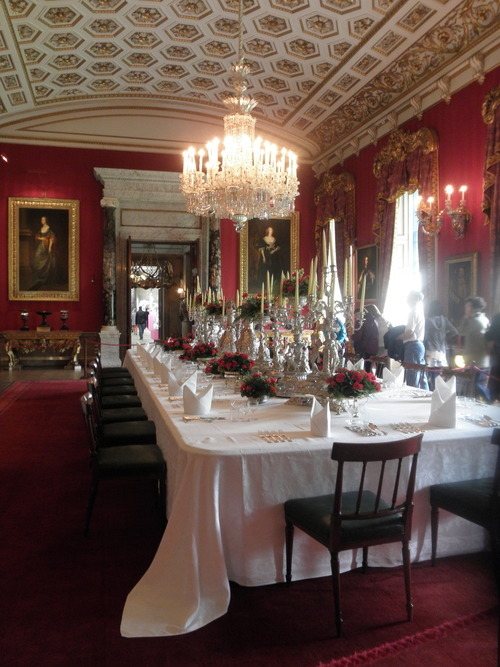
This is King Henry the VIII. You have probably seen this portrait in your European history textbook:

This is the oldest sculpture in the portrait gallery Missie and I could find. It’s from Ancient Greece (~300 BC).
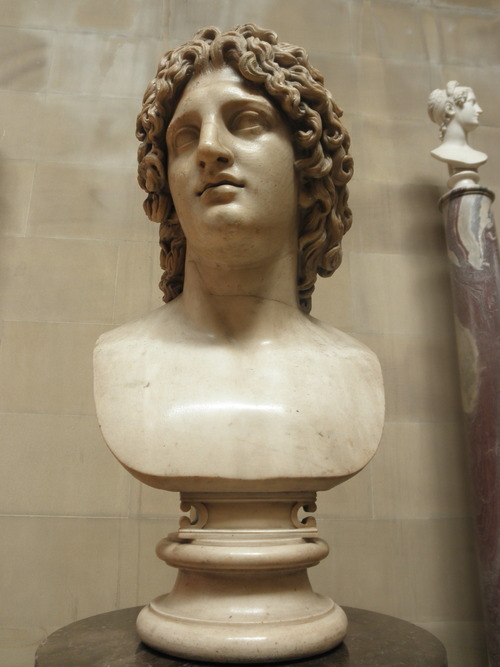
These were the only depictions of black people in the whole house – they were also the only statues I wanted to know the story of and couldn’t find it – the pair were so regal and beautiful:
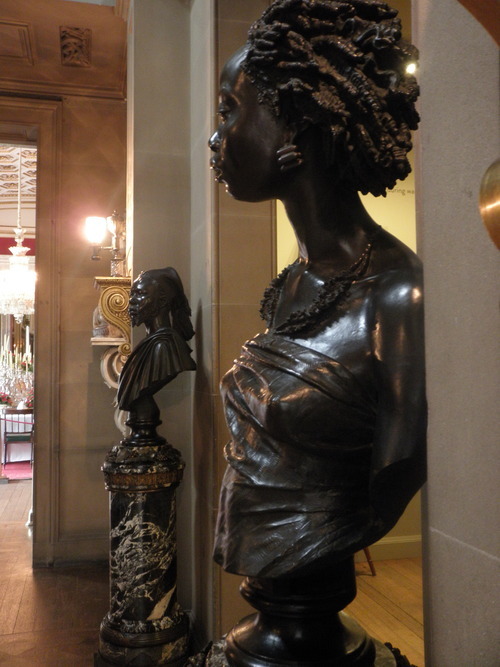
And, of course, the veiled vestal virgin:
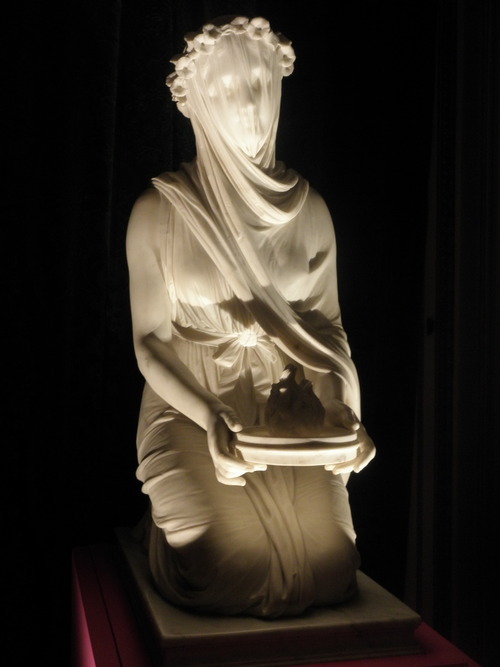
In the library, I asked one of the docents what his favorite book was. He answered King Henry VIII’s daughter’s bible and pointed to a back corner. Apparently I can make an appointment and see any of the books I wish.
On an architecture note, the base of the house has remained relatively the same since it was made. Entire sections were added on to the back end. A bachelor-partier added walls to form a courtyard more suitable for big events (all I could picture was that scene from Leo’s Gatsby and my internal DJ began playing ‘a little party never killed nobody’). The area is rich in mineral wealth and almost every material that went into the house was extracted nearby, like the green stone in the archway to the left apparently came form a quarry over the hill:
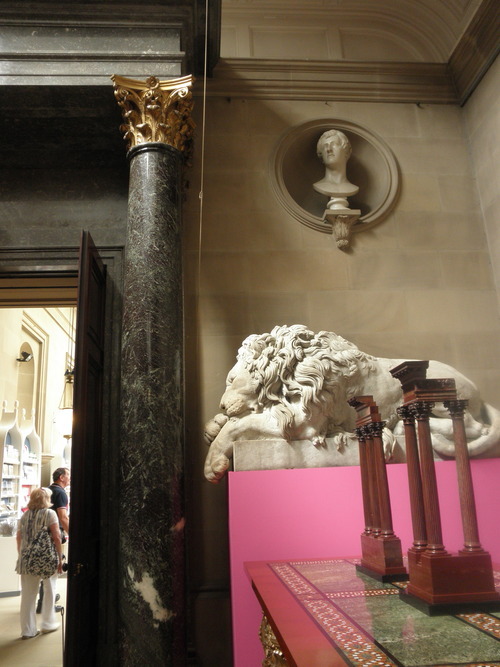
After a quick lunch, Missie and I toured the gardens. Dozens of families were picnicking and small children played tag like this was their backyard. The roses were in full bloom.
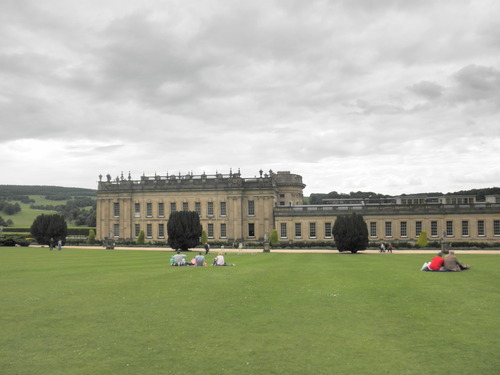

The height and length of each stair within a waterfall staircase was altered to emit a unique pitch – creating an echoing natural melody within the pagoda at the top. Missie stopped to read a sign of rules posted nearby and immediately concluded that nowhere did it say we couldn’t go into the water. We soon became barefoot trend setters for several nearby kids.
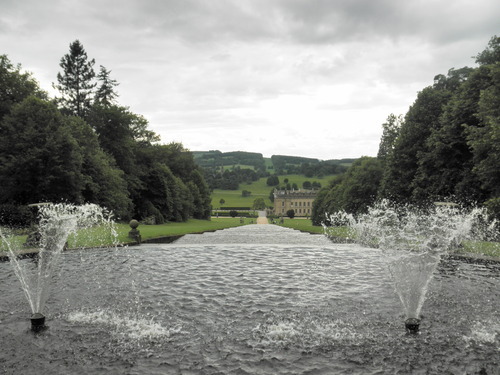
Lastly, we navigated through a hedge maze, itself cleverly hidden amongst the gardens.
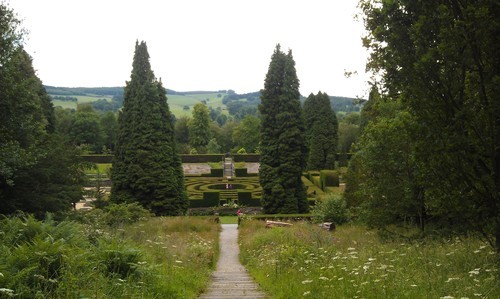
We had gotten none of the high-society leisure time we had envisioned and instead probably accumulated miles of walking and an overall sensory overload. We collapsed ungracefully on the bus and train ride back. I’m pretty sure I drooled. Oh Mr. Darcy, where are you to save our families’ reputations?
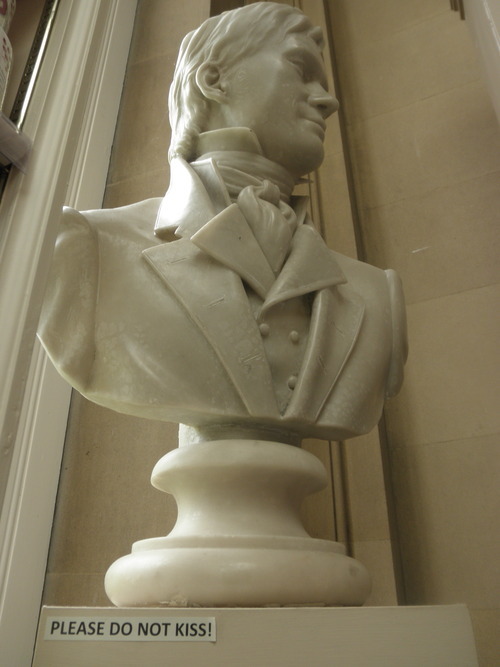
In a random moment of relaxation while at Chatsworth, Missie and I had an interesting discussion on how to appreciate beauty. How do you both live in the moment and properly reflect on those moments? Too often in the house, men (yes, men) with those large expensive cameras would take up an entire room with their angling and maneuvering. If you were a professional photographer of the place, you probably would have gotten access to an empty house after hours. Since you’re not, be a humble tourist like the rest of us. This moment of learning history and gazing at all of these beautiful objects is not yours alone, so please share in the experience with us. I think too often having those big cameras gives you more credentials than you deserve. Not that they’re all bad. A younger girl would crouch in corners, angling and waiting for the right shot while her mother stood nearby holding her coat. They were out of the way and she seemed so focused in her element, almost hiding behind her lens. I personally love photography – I have the memory of Dory and catching the right angle can instantly bring the experience I had back. It also focuses me. Instead of looking at something and walking on, I spend time with it, looking at the object and place in a new light. But when getting just the right picture consumes you, looking at a screen becomes your new reality instead of the real live thing in front of you. Missie hardly took any pictures and preferred to read the note cards in the back of each room – her experience was much more about looking at all the things around her and appreciating the quirky facts she found, which she happily relayed to me. When you’re overwhelmed by the beauty around you, there’s no one right way to take it in; but instead of focusing on how you will tell the story in your blog later, or worried about getting wifi so you can instagram-brag the moment to the world, bearing the morning’s woes of wasting time, or taking up an entire room so your camera can get the best picture – take a breath, look with your actual eyes around you, and smile. And walk up the staircase.
